
Self-editing guide
Editing your manuscript doesn’t have to be scary! Make it easy (well, easier) with our free Self-Editing Guide.

Upcoming Webinars
Get an insider's view of the publishing world with Publishing Lunch, the ultimate speaker series designed for writers ready to thrive. This isn’t just another webinar; it’s your backstage pass to candid conversations with industry pros like literary agents, acquisitions editors, and more.
While picture books are easy and fun to read—they can be extremely challenging to write well! Join me on an exploration of this amazing, engaging, and colorful category of children’s books.
Get an insider's view of the publishing world with Publishing Lunch, the ultimate speaker series designed for writers ready to thrive. This isn’t just another webinar; it’s your backstage pass to candid conversations with industry pros like literary agents, acquisitions editors, and more.
Get an insider's view of the publishing world with Publishing Lunch, the ultimate speaker series designed for writers ready to thrive. This isn’t just another webinar; it’s your backstage pass to candid conversations with industry pros like literary agents, acquisitions editors, and more.
Query letters are the most controversial topic in publishing. They’re your foot in the door in the slush pile, and a good one will launch you toward your publishing goals. Learn how to write a compelling query from a former literary agent, get advice for agent and publisher research, and discover some surprising submission dos and don’ts.
Videos
Mary Kole is joined by writing expert John Matthew Fox to chat about his work helping authors and founding his company, Bookfox. Conversation topics include the different publishing paths available to writers, the benefits and drawbacks of traditional vs. self-publishing, the challenges of effectively marketing one's work, and going beyond commercial success.
Despite the challenges of balancing writing with a day job and parenting, middle grade and YA author Tracy Badua keeps churning out adventurous contemporary fantasy stories. Tracy’s books explore themes of cultural identity, family expectations, and folklore, even drawing inspiration from Filipino superstitions she grew up with.
Young adult author Farrah Penn details her publishing journey, from striking out on submission to her debut novel. Listen in to this conversation for thoughts on the young adult genre, using tropes, crafting stakes and curveballs for your characters, and how screenwriting may help when writing a novel.
Danielle Marietta joins the podcast to discuss Books & Things Publishing, the children’s book sphere, and the importance of promoting diverse authors. Tune in to learn more about Danielle’s writing journey, and her tips on self-publishing, social media marketing, and connecting with your target audience.
Romance author Allison Speka joins the pod to discuss her journey into writing and self-publishing. She talks about her love for the romance genre and shares her experience with self-publishing, including tips on cover design, book marketing, and the value of learning from other indie authors.
Young adult characters are incredibly dynamic. Their worlds are bigger, larger than life. There's always something behind any big feelings in middle grade and young adult that fosters a relationship between the character and the audience. And that is super crucial in the young adult genre.
In order to write, you have to WRITE! Spending time learning theory, taking classes, and reading books are beneficial, but ultimately it is practice that will make you a better writer. Learn how a million bad words can turn into a good story.
Benjamin Roesch joins us to talk about his debut novel—but not his first novel—published with LGBTQ+ young adult indie publisher Deep Hearts. We talk about turning short stories into a novel, coming of age fiction, and being an older debut writer.
Tips on looking at your work with clarity so you can determine your personal "done," as well as what to do when you reach that finish line.
Lisa Stringfellow, award-winning author and middle school teacher, discusses her debut novel about mermaids and mythology set in the Caribbean, “A Comb of Wishes.” She talks through her long journey from draft to finished book—plus plans for Book 2—and shares craft and industry tips she’s learned along the way.
A conversation with debut science fiction and fantasy author Rebecca Coffindaffer (CROWNCHASERS, out now from HarperTeen) all about worldbuilding.
Writer, writing teacher, ghost writer, and general literary icon Roz Morris joins Mary Kole for an interview on the Good Story Speaker Series. They dive into the mechanics of storytelling and discuss how to connect with your audience—whether you're writing someone else's story or your telling your own.
Mindy McGinnis—mystery, suspense, thriller author and dog haver—joins the Good Story Podcast to talk about her upcoming work with James Patterson, book snobbery, and showing characters' humanity.
NYT Bestselling young adult and middle-grade author Jonathan Auxier joins Mary Kole to discuss visual writing, worldbuilding, and how different media use dialogue to create action.
Story Mastermind is a five-month small group workshop intensive. The deliverable is a fully workshopped novel draft and submission materials. We’ll give you a taste of how we discuss story in Novel Mastermind: from the premise, the elevator pitch, the logline; to theme, character objective, and stakes.
This is everybody's favorite fucking topic. It is swearing in children's books. Very controversial. Keep in mind the power gatekeepers have in children’s publishing.
Revision happens best when you have a specific goal for your revision. Figuring out what your theme is, what your novel is about, is essential. Once you have your mission statement, you can start to put your chapters and your scenes up against that statement and see if they align.
I work as a freelance editor. I work with writers at thousands of projects a year on the revision process. I provide revision services. Every writer that I work with and every writer out there, I want them to engage in their own editing, their own revision process, because I do believe that a lot of writing happens in rewriting.
As writers, we all have perceived strengths we fall back on time and time again. But can over-reliance on your strengths actually weaken your manuscript?
Should you consider hiring an editor? What are the benefits, and how do you choose the right one? Former literary agent and publishing insider Mary Kole answers all your questions.
There are plenty of articles online writers conference preparation—what to pack, what to wear, how to behave, and how to get the most out of your experience. But what about after the conference is over?
Populating your world with interesting people can make readers care about your story, and writing relationships between characters can inspire them to ship, daydream, and root for your characters. Here’s how to help them come alive on the page as real, believable people.
You’ve typed ‘The End’ on your manuscript, and now you’re ready to get published. Not yet! First, finding critique partners will help you polish your work for submission.
We want our readers to connect emotionally to our characters and to feel their pains and struggles—but it can be tricky to know how to describe emotion to create that connection. Here are some effective ways to describe emotion.
Once the manuscript has been completed, submitted, and accepted, writers can feel like the bulk of their work is done. It would seem only small corrections should need to be made. Until the agent/editor feedback comes. Use these strategies to incorporate it for stronger work.
Once you’ve finished the first draft of your story, it’s time to tackle chapter one revision. Ask yourself the following questions to determine whether your first impression energizes the reader to demand the full story.
NaNoWriMo (National Novel Writing Month) is an intense time for writers who participate. I hope it was everything you were looking for. But the end is near. What’s next?
If you've received vague revision instructions like “go deeper," we have some specific revision techniques that'll help you take your work to the next level.
There’s an important difference between editing and revising, although writers tend to use “editing” and “revising” as interchangeable terms to mean anything other than drafting. You’ll need to do both, so it’s helpful to understand the difference.
Writing good sentences is at the heart of telling a good story. However, it’s not the first issue to tackle in revisions. First, finish your draft. Second, step away from your manuscript. Third, edit macro issues such as plot holes, character development, and story arc. Don’t fret about sentence craft until the bones of the story are in place and working well.
The concept of premise vs. plot is a common stumbling block for many writers. They’ll think they have a killer idea for a manuscript lined up, but when they sit down to write, the energy fizzles out partway through. Why isn’t a great idea enough?
Rewriting a book doesn’t mean your idea or your writing are bad. It means there’s a better way to show readers the essence of what you’re trying to tell them. Here are 3 helpful tips to get you started!
Rewriting a book may seem like a daunting task, but it’s worth it. Not only will rewriting develop your narrative, but it’ll make you a better writer. Here’s how.
Dialogue tags are invisible and useful when done well, but they can kick a reader out of a story so quickly when they aren’t. Let's talk about which ones work, and which are less effective.
How is a writing buddy different from a critique partner or writing partner? The terms are often used interchangeably, but I happen to think that a “writing buddy” is friendlier. So here’s how to be a good one, and boost your own critique and writing skills at the same time.
You got a full manuscript request. Cue the panic. Now, how should you polish an entire novel or memoir for submission so every page sings—without wanting to gouge out your eyeballs? Follow these ten steps!
An active protagonist drives the story. Meaning? Your main character should want specific outcomes and fight for them. That’s where the conflict in the story comes from: everything that fights back. For tips on activating the hero of your story, read on.
Writing female characters can be harder than you expect, as a writer, but it’s important to get right. There are some blind spots that many of us—men and women alike—have when it comes to crafting compelling female characters.
One of the most difficult parts of submitting a manuscript or query to an agent or publisher is figuring out how to write a novel synopsis. That task is different every time and for every book. Just like the task of writing each book is different and calls upon different skills, crafting a synopsis for each manuscript is different, as well.
Raising the stakes is a great way to sew tension in your story, and fear of failure is something everyone can relate to. The constant battle between running toward the goal while running away from the alternative will keep readers engaged and invested in your characters. Know how to identify your stakes and when to make them bigger.
If you’re a beginning writer, you may be wondering how to organize your writing. Working on a novel means you’ll have lots of bits and pieces to keep track of: character and setting notes, plot outlines, reference photos, versions of your manuscript, notes to yourself, quotes and inspiration to keep you going when the going gets tough...yikes!
Tips for how to be a good critique partner and how to contribute to your writing community. Learn how to give writing critique here.
Winter is the perfect season to establish your writing resolutions and form the habits that will lead to better productivity. There is so much you could accomplish in the year ahead! Read on for tips on how to develop—and crush!—your writing resolutions.
Many writers struggle with how to deal with negative criticism. Not all writing feedback you receive in your lifetime will be “constructive criticism”. Some of it may feel like straight-up criticism criticism, or worse, destructive criticism. Ouch! Here are some thoughts on bouncing back from a devastating writing critique, and what to do next.
Dust motes swirling in the gloom are enchanting, but do you really need to describe them in detail? Let’s look at some guidelines for writing descriptions so you can quench your thirst for gorgeous imagery without sacrificing the pacing of your story.
There is a lot of controversy in the writing world about sensitivity readers, so what is a sensitivity reader? What does a sensitivity reader do? Learn more about this specializing writing and editing role here.
As writers, we know we should try to avoid clichés and stereotypes. But you might not think of unique imagery as you’re writing your first draft, so you drop in a cliché as a placeholder. When revisiting a manuscript to self-edit, though, many writers often overlook the cliché that’s right in front of them: the clichéd image.
One question many writers have when they begin work on a novel is how to write a compelling protagonist and antagonist. These are vital roles to function well in a manuscript. How do we make sure they leap off the page?
Setting writing critique expectations is important, especially when a writer starts out getting writing feedback. A lot of writers are in a good headspace when they approach critique. Nervous, maybe. Vulnerable, of course. But eager to learn and give back to a fellow writer.
Now that you have a complete manuscript, you have some exciting decisions to make about what you want to do next. Whether Camp NaNoWriMo was a fun personal project or your first step on the path to publication, now is a great time to use your momentum to take your writing to new heights.
Podcasts
What’s the secret behind designing a bestselling YA book cover? Casey Moses, an Assistant Art Director at Penguin Random House, gives us some answers and provides insight into the role of a book cover designer. Listen to our in-depth conversation to learn about designing typography, special edition production, and the unusual methods for achieving perfect photoshoot conditions.
Mary Kole is joined by writing expert John Matthew Fox to chat about his work helping authors and founding his company, Bookfox. Conversation topics include the different publishing paths available to writers, the benefits and drawbacks of traditional vs. self-publishing, the challenges of effectively marketing one's work, and going beyond commercial success.
Despite the challenges of balancing writing with a day job and parenting, middle grade and YA author Tracy Badua keeps churning out adventurous contemporary fantasy stories. Tracy’s books explore themes of cultural identity, family expectations, and folklore, even drawing inspiration from Filipino superstitions she grew up with.
Young adult author Farrah Penn details her publishing journey, from striking out on submission to her debut novel. Listen in to this conversation for thoughts on the young adult genre, using tropes, crafting stakes and curveballs for your characters, and how screenwriting may help when writing a novel.
Danielle Marietta joins the podcast to discuss Books & Things Publishing, the children’s book sphere, and the importance of promoting diverse authors. Tune in to learn more about Danielle’s writing journey, and her tips on self-publishing, social media marketing, and connecting with your target audience.
Romance author Allison Speka joins the pod to discuss her journey into writing and self-publishing. She talks about her love for the romance genre and shares her experience with self-publishing, including tips on cover design, book marketing, and the value of learning from other indie authors.
Katie Wolf joins the pod for an inspiring conversation about getting started in publishing, work-life balance, and writing to market. She also discusses the importance of prioritizing mental health and why self-awareness is key in developing your writing craft.
Thriller vs. Suspense... what's the difference? Heather Dixon, whose debut novel Burlington hits shelves this week, chats with Mary Kole about getting published and the appeal of suspenseful women's fiction.
Rob Kent, author and host of the Middle Grade Ninja podcast, joins Mary Kole to talk about his illustrious publishing career and provides valuable insights and inspiration for aspiring writers. He discusses the importance of managing expectations for success in your writing career, as well as writing for your own personal happiness.
Leslie C. Youngblood shares her journey through her MFA program, gives tips on crafting interesting character relationships, and weighs in on one of the hottest questions for authors today: traditional or self-publishing?
Mindy McGinnis, mystery, suspense, thriller author and dog haver, joins the Good Story Podcast to talk about her upcoming work with James Patterson, shit-shoveling, book snobbery, and showing characters' humanity.
A conversation about "The Emotion Thesaurus" as well as writing tools in general and whether human input can ever be replaced by tools.
NYT Bestselling young adult and middle-grade author Jonathan Auxier joins Mary Kole to discuss visual writing, worldbuilding, and how different media use dialogue to create action.
A conversation with YA fantasy author Laura Sebastian (ASH PRINCESS, out now from Delacorte) all about worldbuilding.
Lisa Stringfellow discusses her debut novel set in the Caribbean, “A Comb of Wishes.” She talks through her long journey from draft to finished book—plus plans for Book 2—and shares craft and industry tips she’s learned along the way.
Tune in for a chat with Mary Kole's long-time friend in the children's publishing space, YA Author J.C. Geiger. He tells all about how he made an epic mixtape with music no one's heard before (and met his heroes in the process), and talks about writing young adult characters, the future of post-pandemic fiction, and—of course—the power of music.
Historical and fantasy author Gail Carson Levine interviews with Mary Kole. She shares thoughts on the writing process, world-building, and her latest book, A Ceiling Made of Eggshells.
Blog Posts
Services
Show your writer friends some love!
Whether the writer in your life is just starting out or already a seasoned pro, our gift cards are the perfect way to show you care and appreciate their work. The gift cards can be used to purchase professional editing services, consulting, and coaching from Good Story Editing.
A comprehensive edit of your first 5k words, this includes an overview report, along with detailed line editing on all elements, from character to structure to voice, and a thorough proofreading round of your work.
A great book starts with a great premise. I will give you thorough synopsis editing notes on voice, tone, content, presentation, and more. I’ll also share my thoughts on your story idea and its chances in the market.
Submit up to four double-spaced pages.
A comprehensive edit of your first 5k words, this includes an overview report, along with detailed line editing on all elements, from character to structure to voice, and a thorough proofreading round of your work.
You don’t need a complete novel to benefit from editing! I’ll give you comprehensive and actionable margin notes on 100 pages of your manuscript, from big picture to sentence-level feedback.
Submit up to 100 pages, double-spaced.

A comprehensive edit of your first 5k words, this includes an overview report, along with detailed line editing on all elements, from character to structure to voice, and a thorough proofreading round of your work.
FEATURED SERVICE

Mary Kole Editorial
Consulting, developmental editing, and book editing services for writers in all categories and genres, at all stages of the process.
Good Story Editing
Wherever you are in your writing journey—from an initial outline to a draft to pitching your project—the experienced team at Good Story Editing can take your work to the next level.






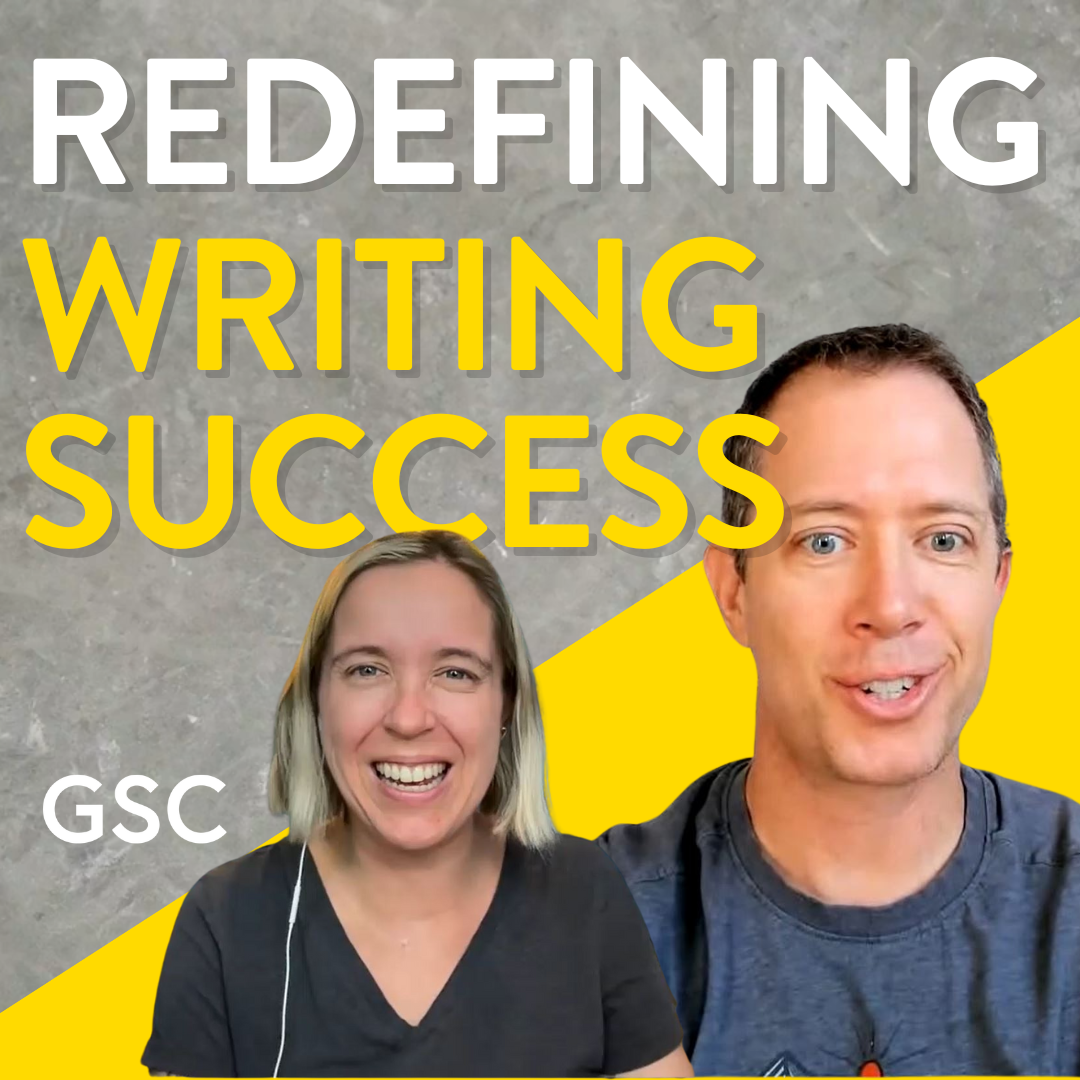
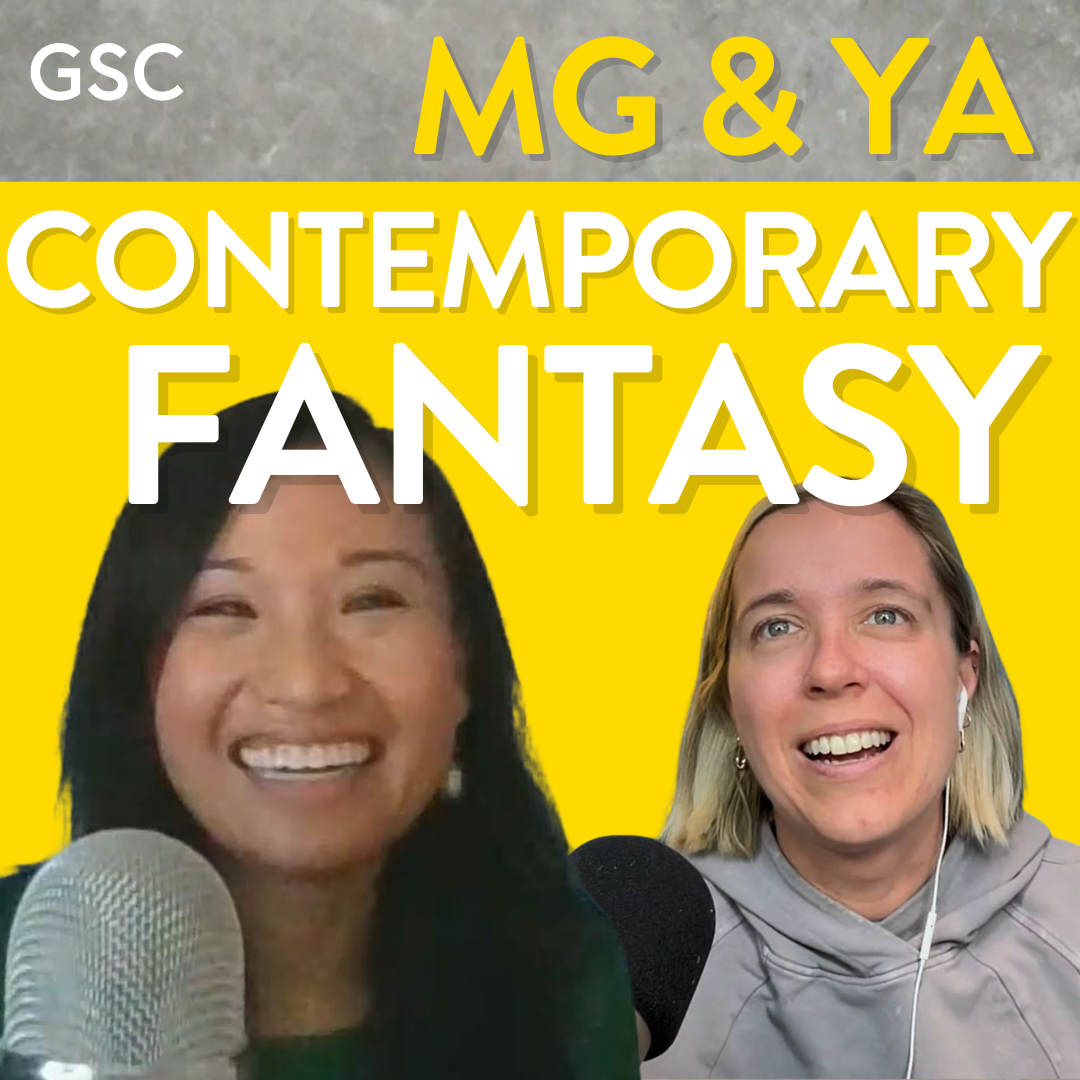
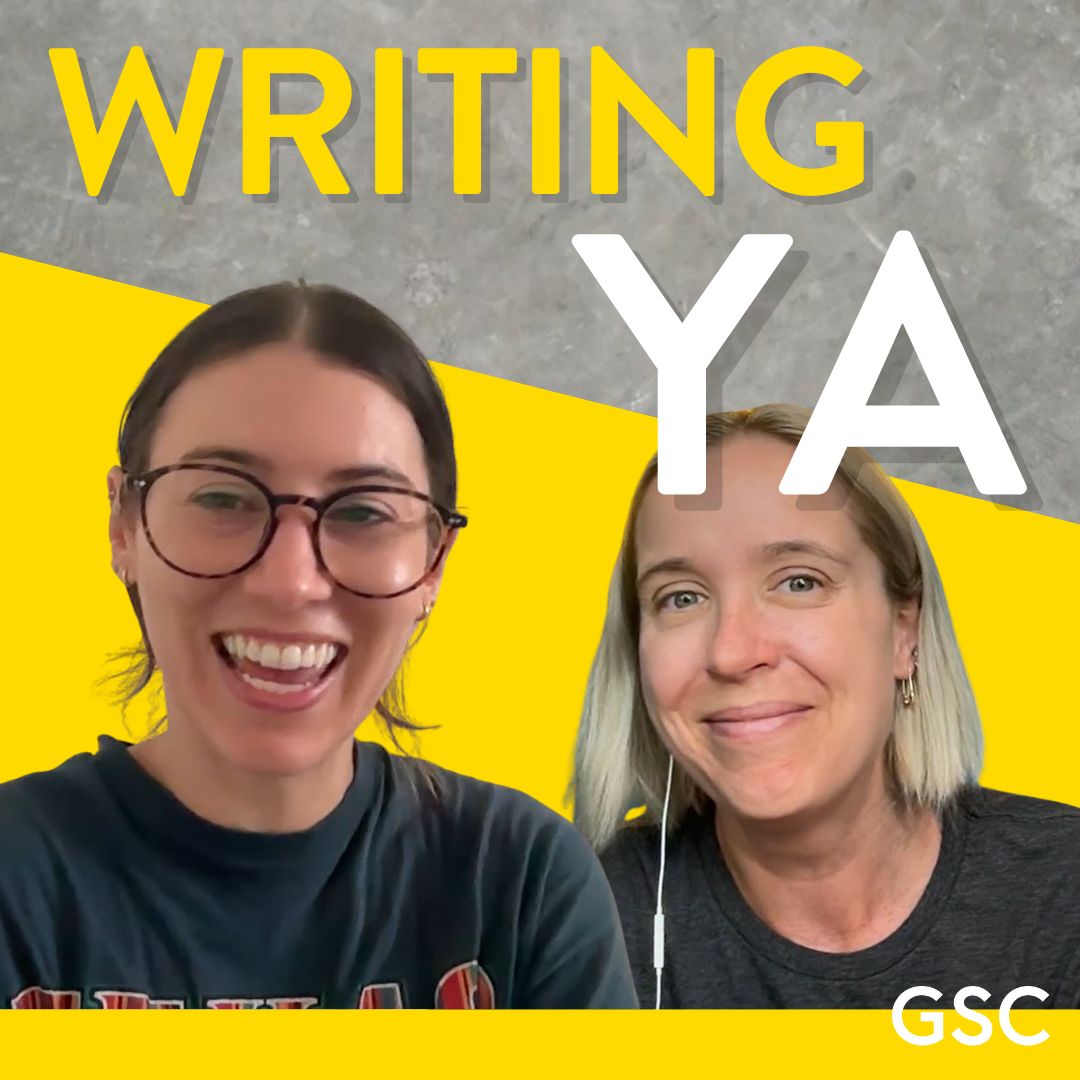

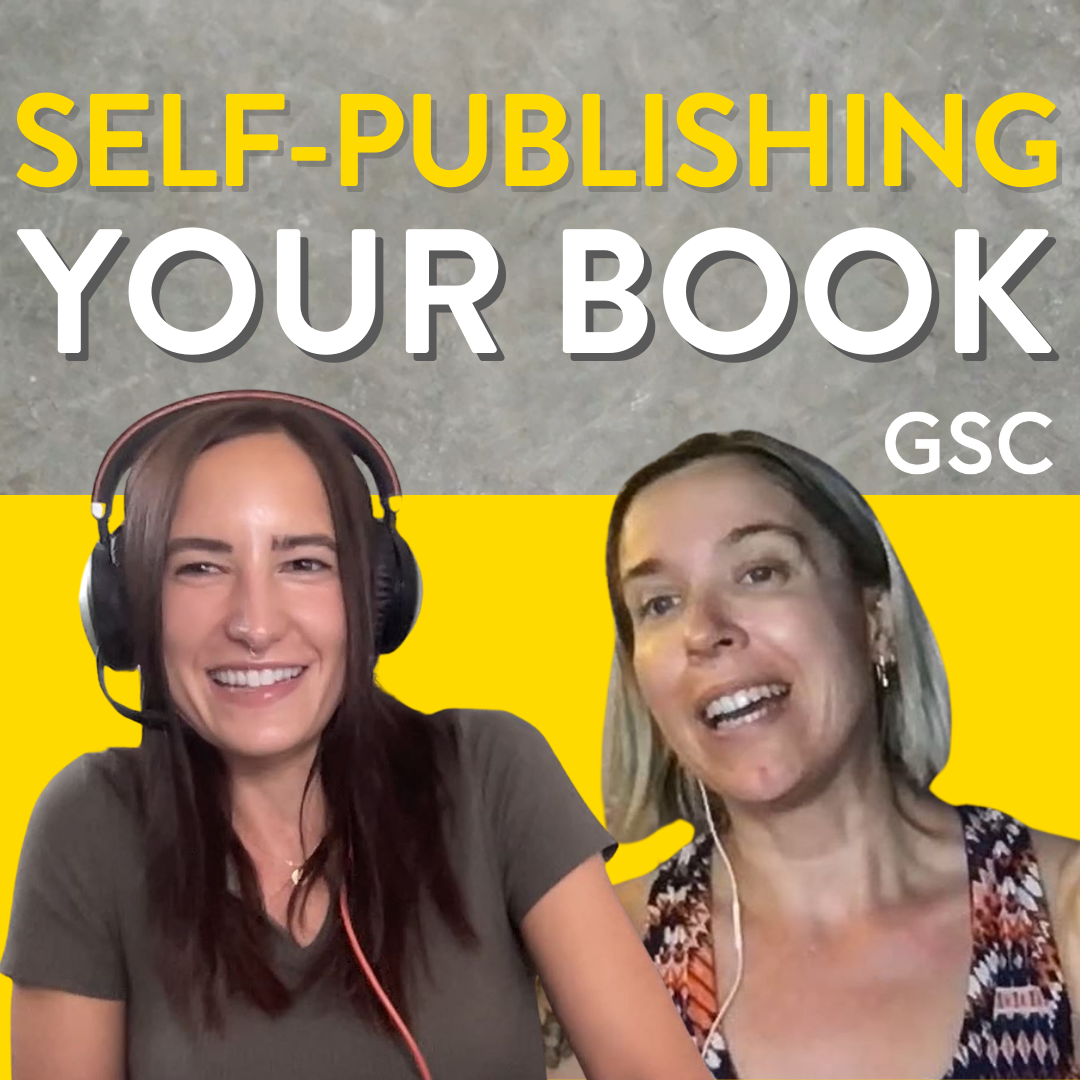
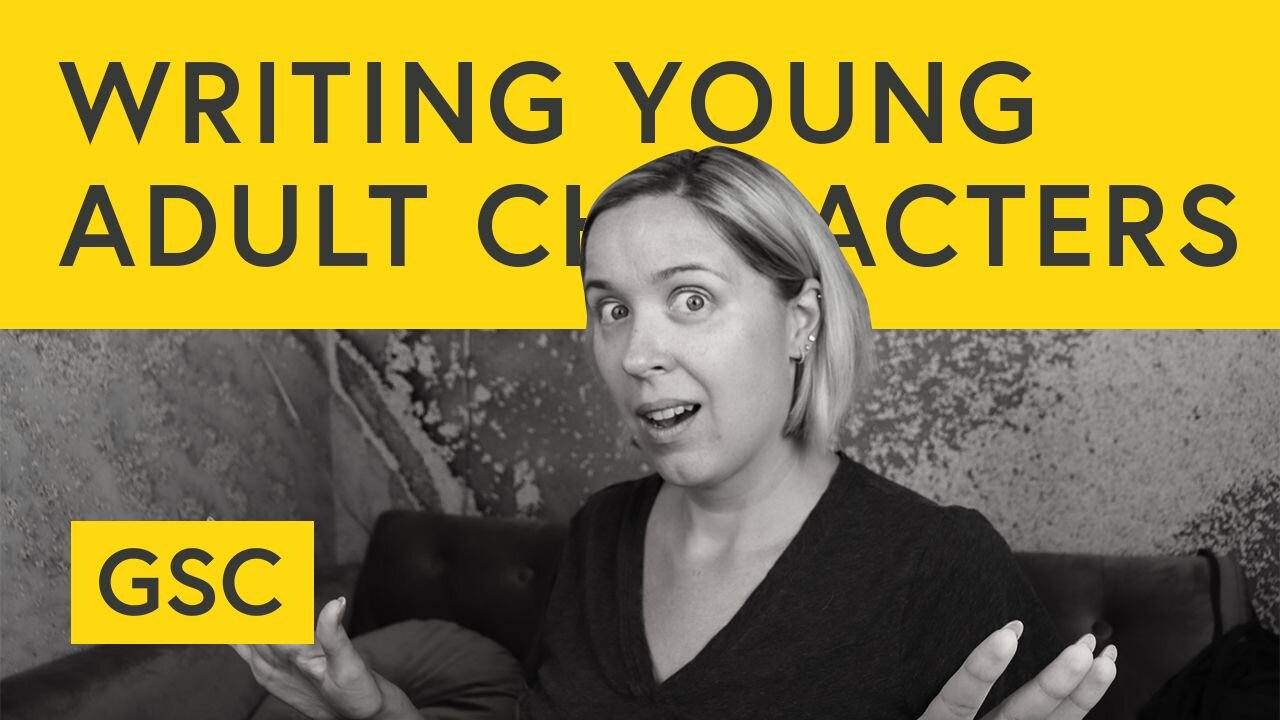



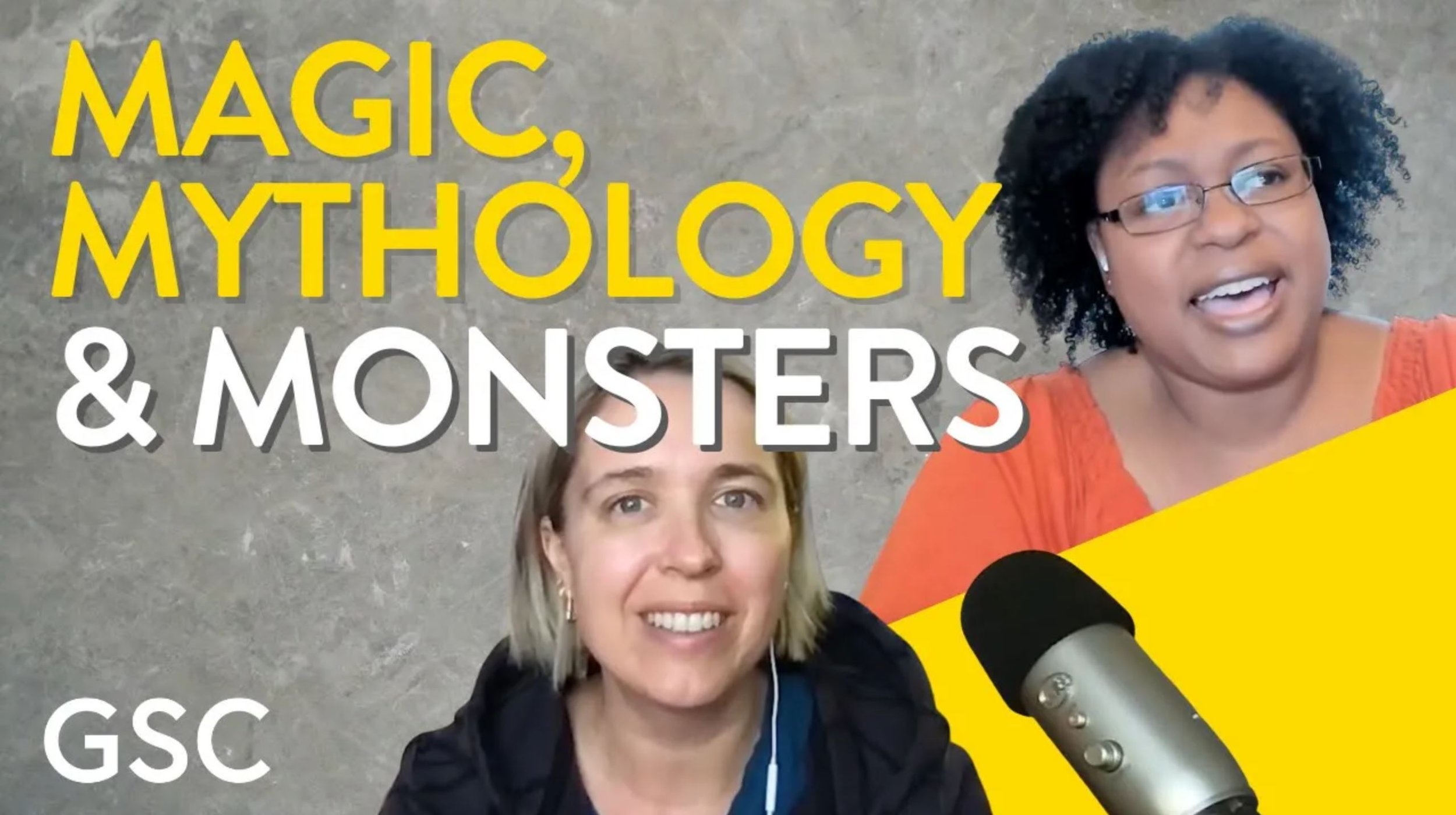
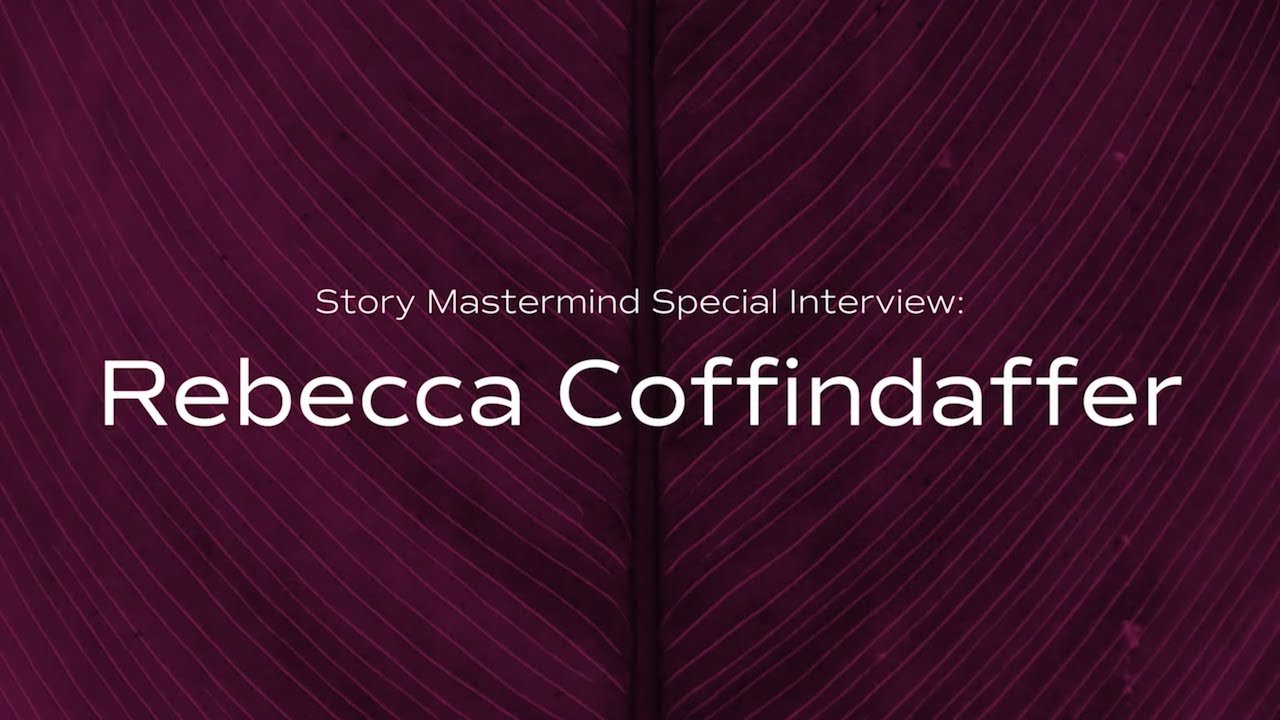


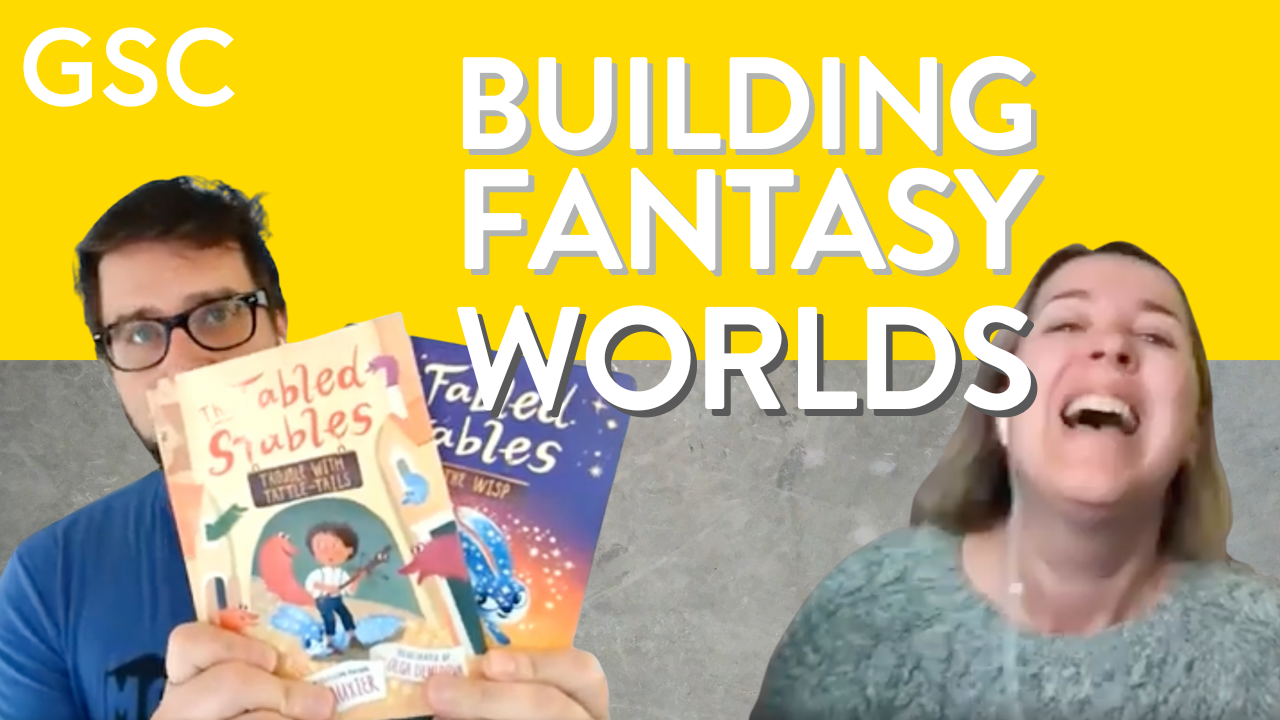







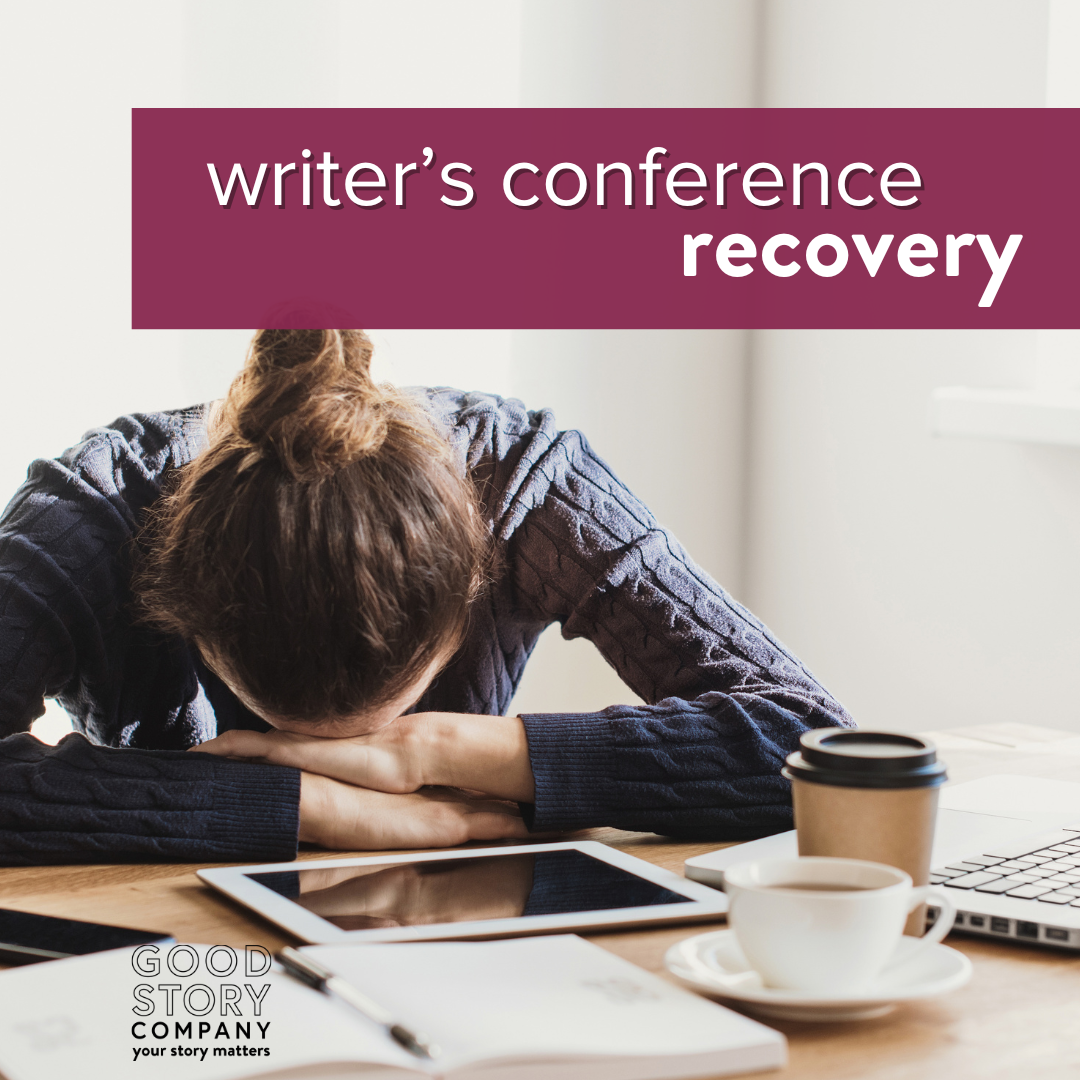
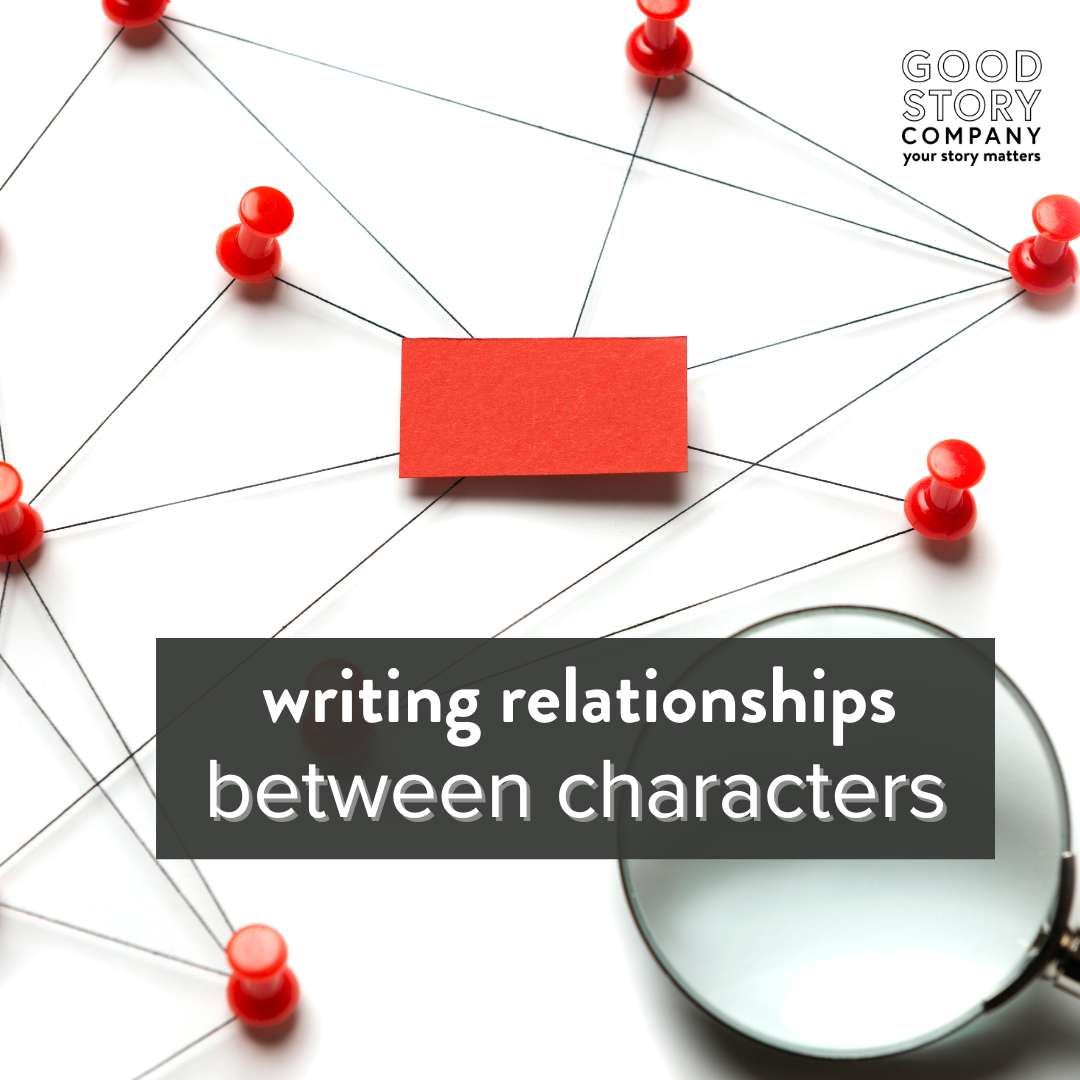
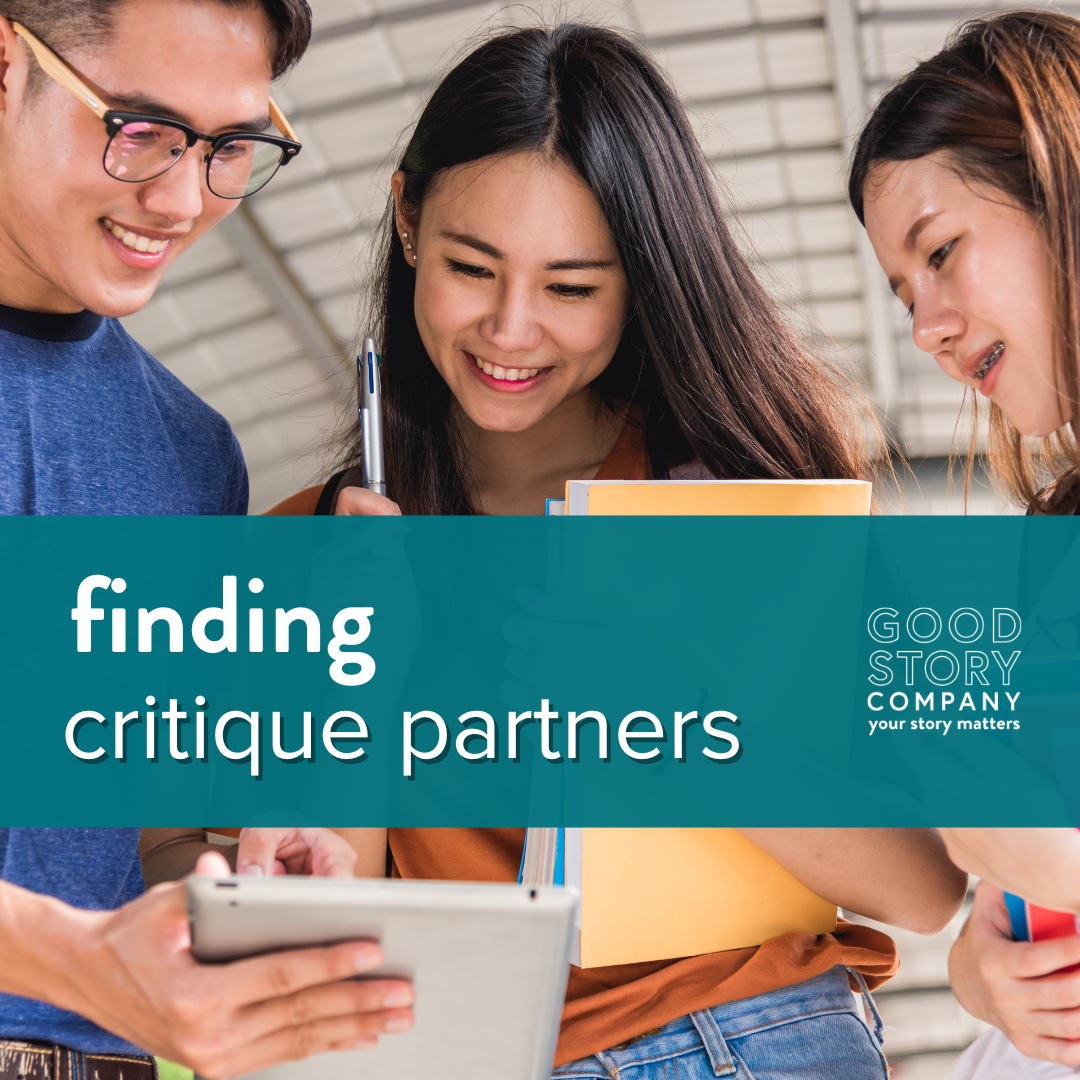


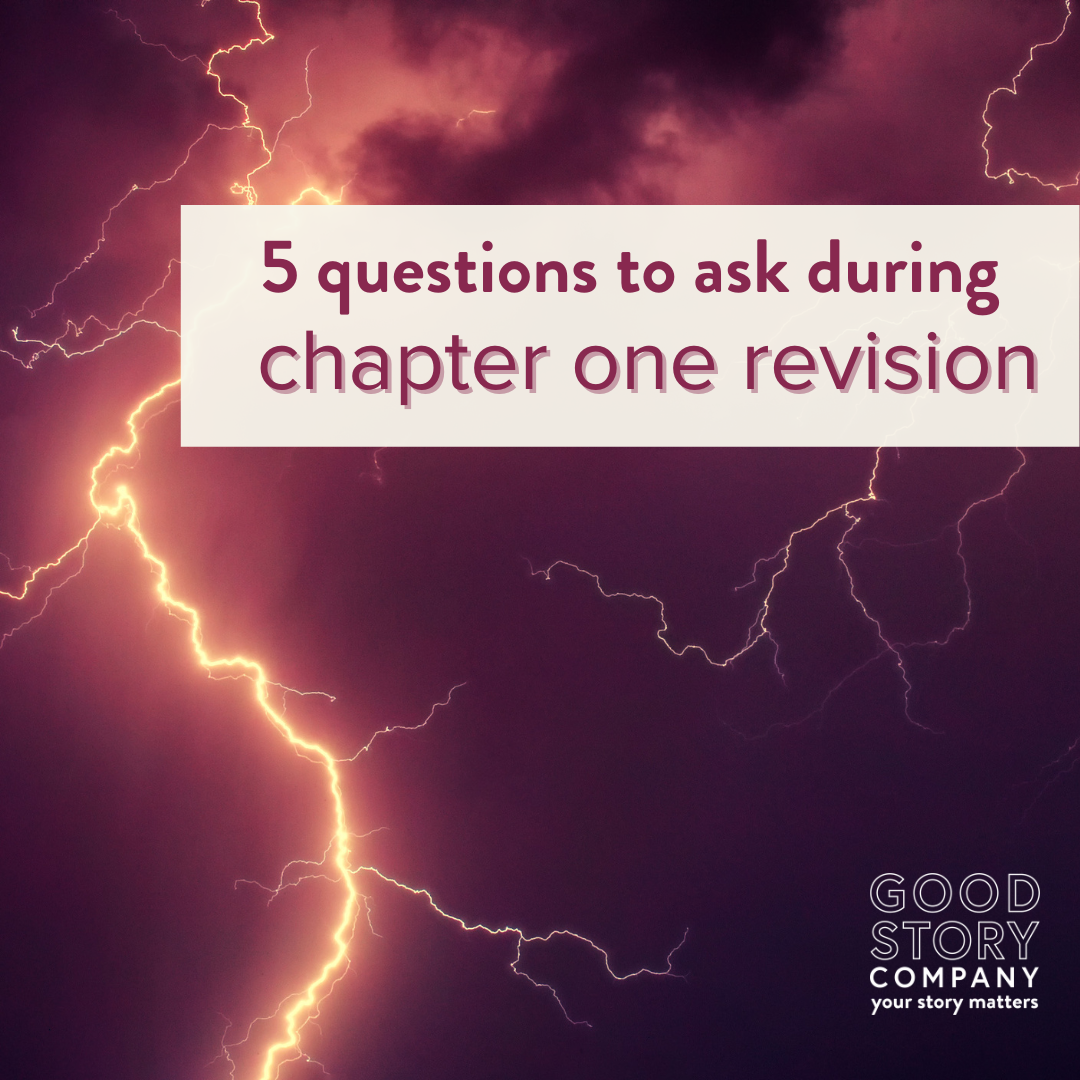

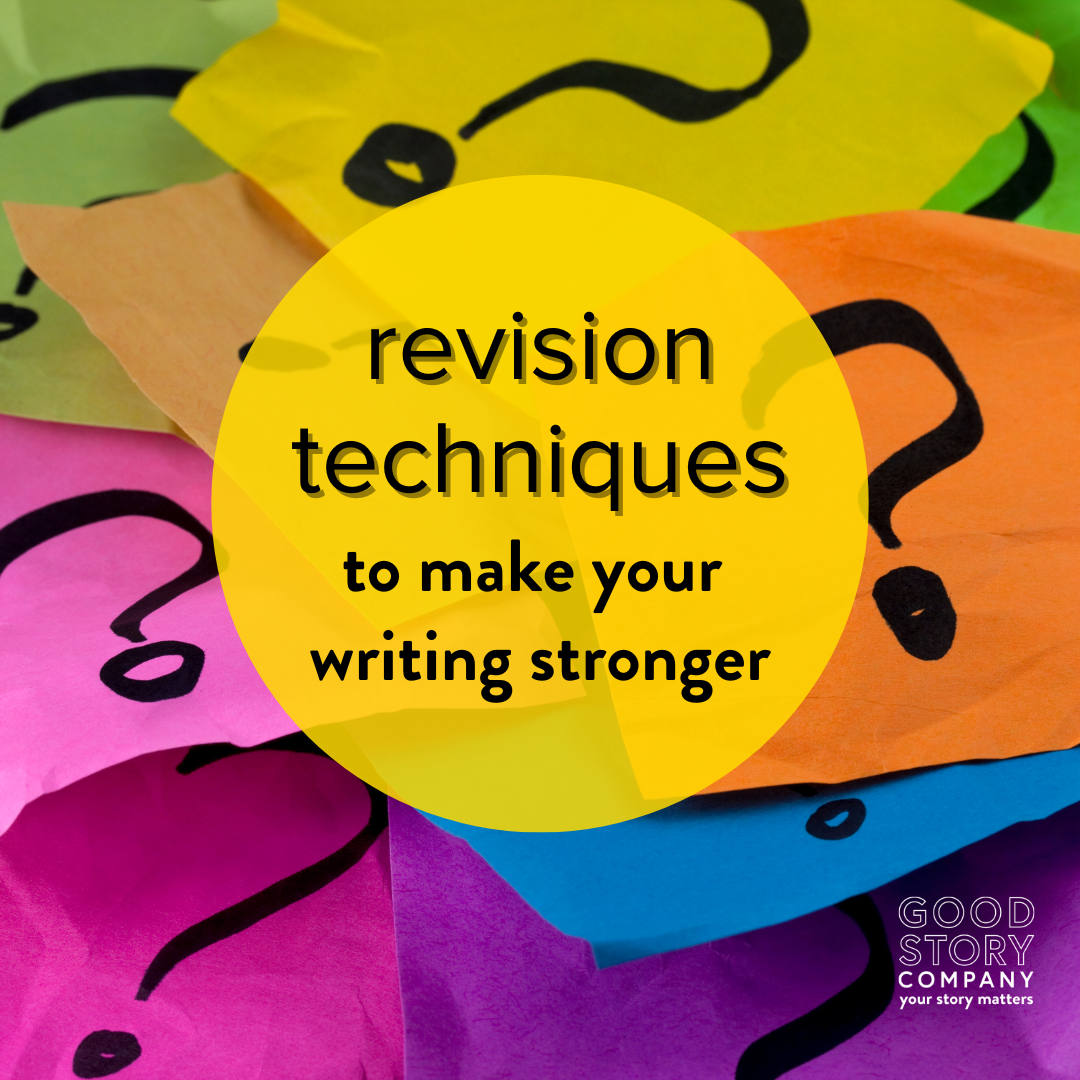
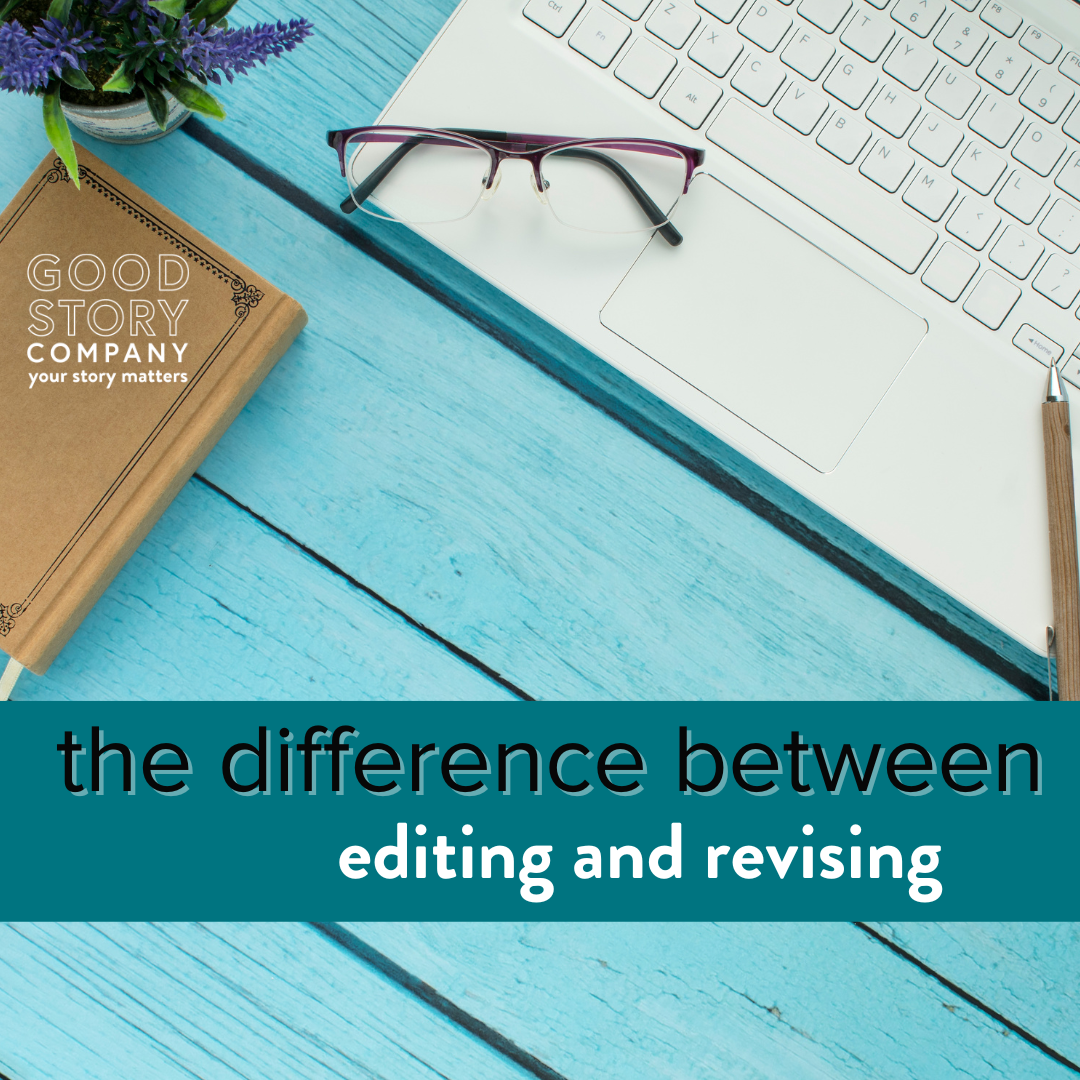

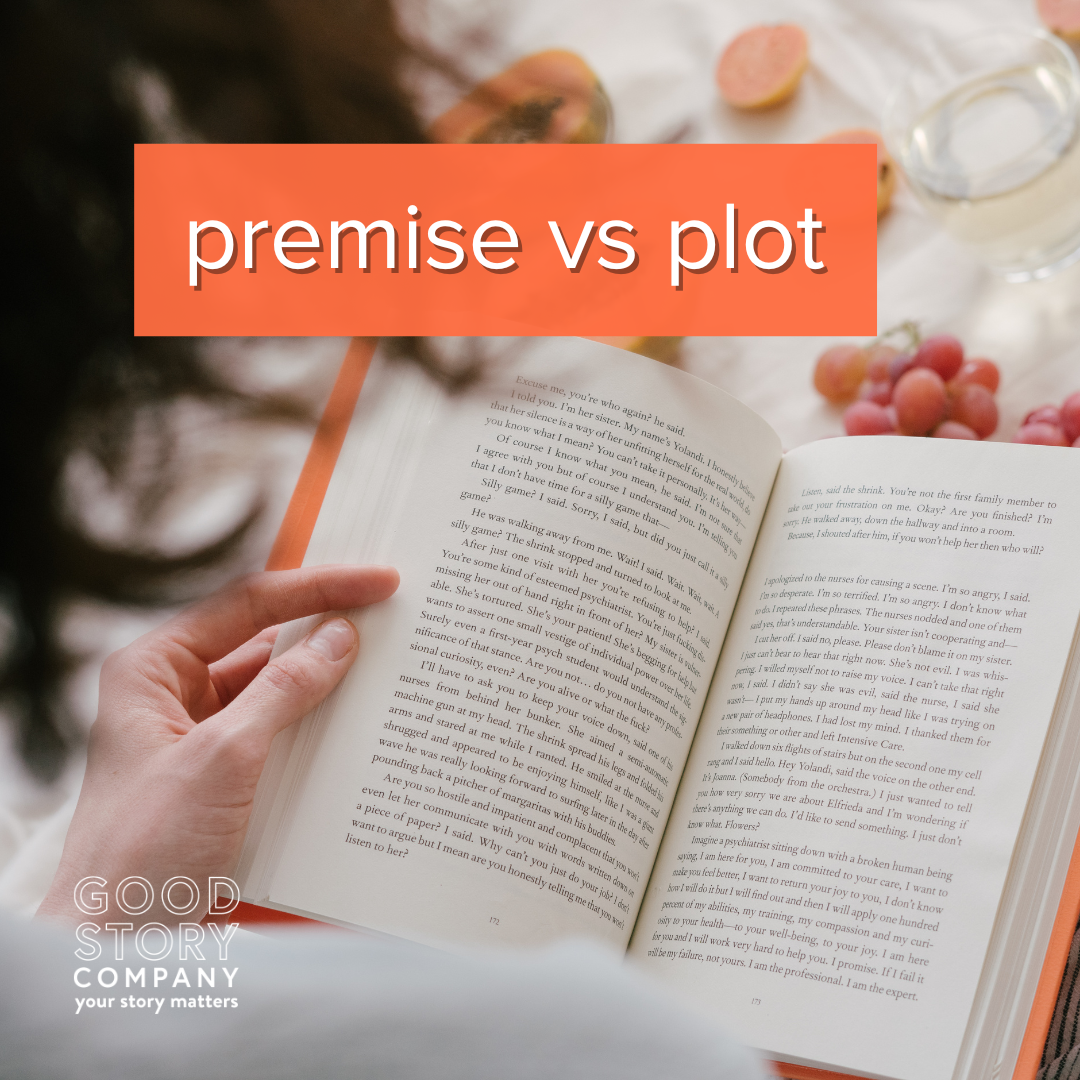

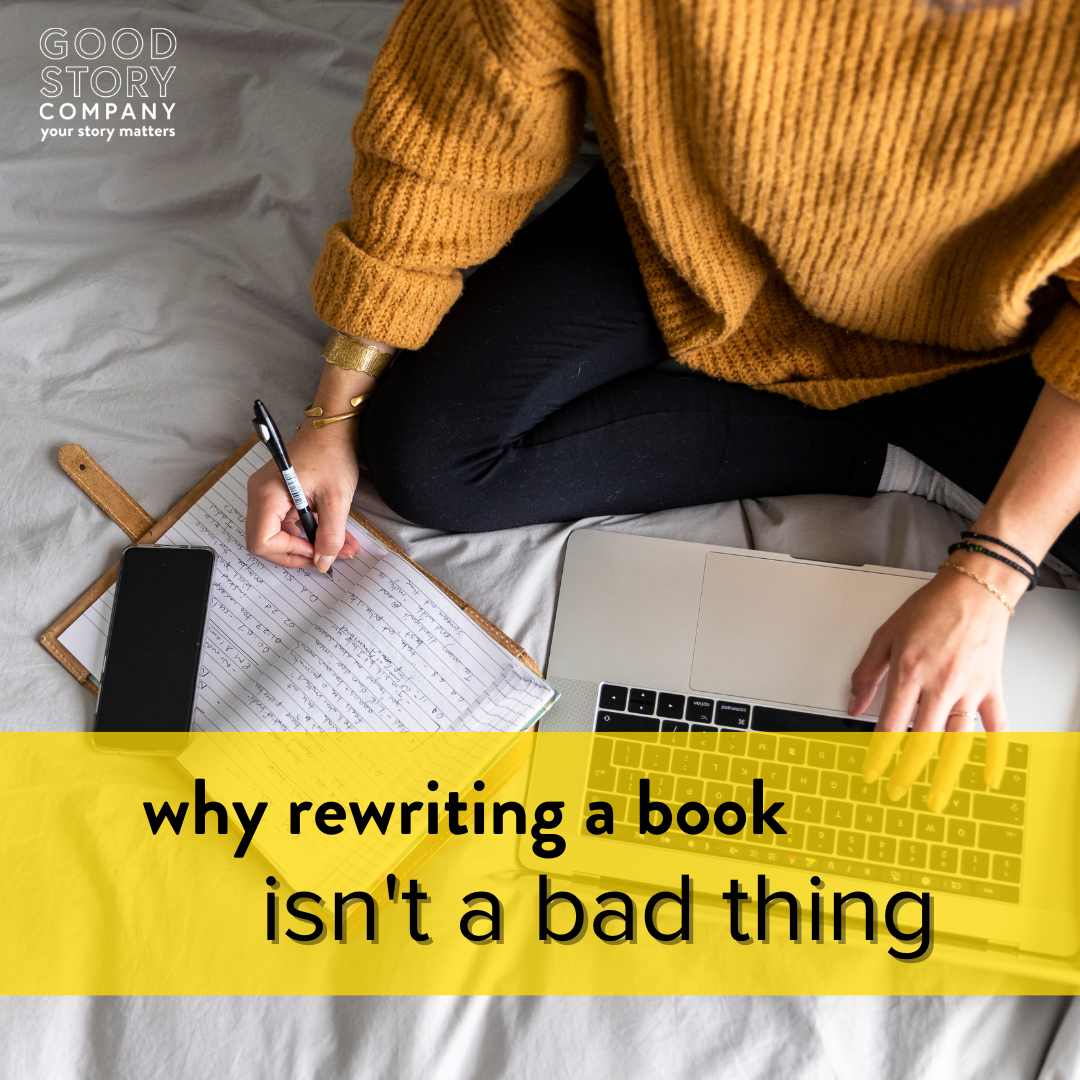

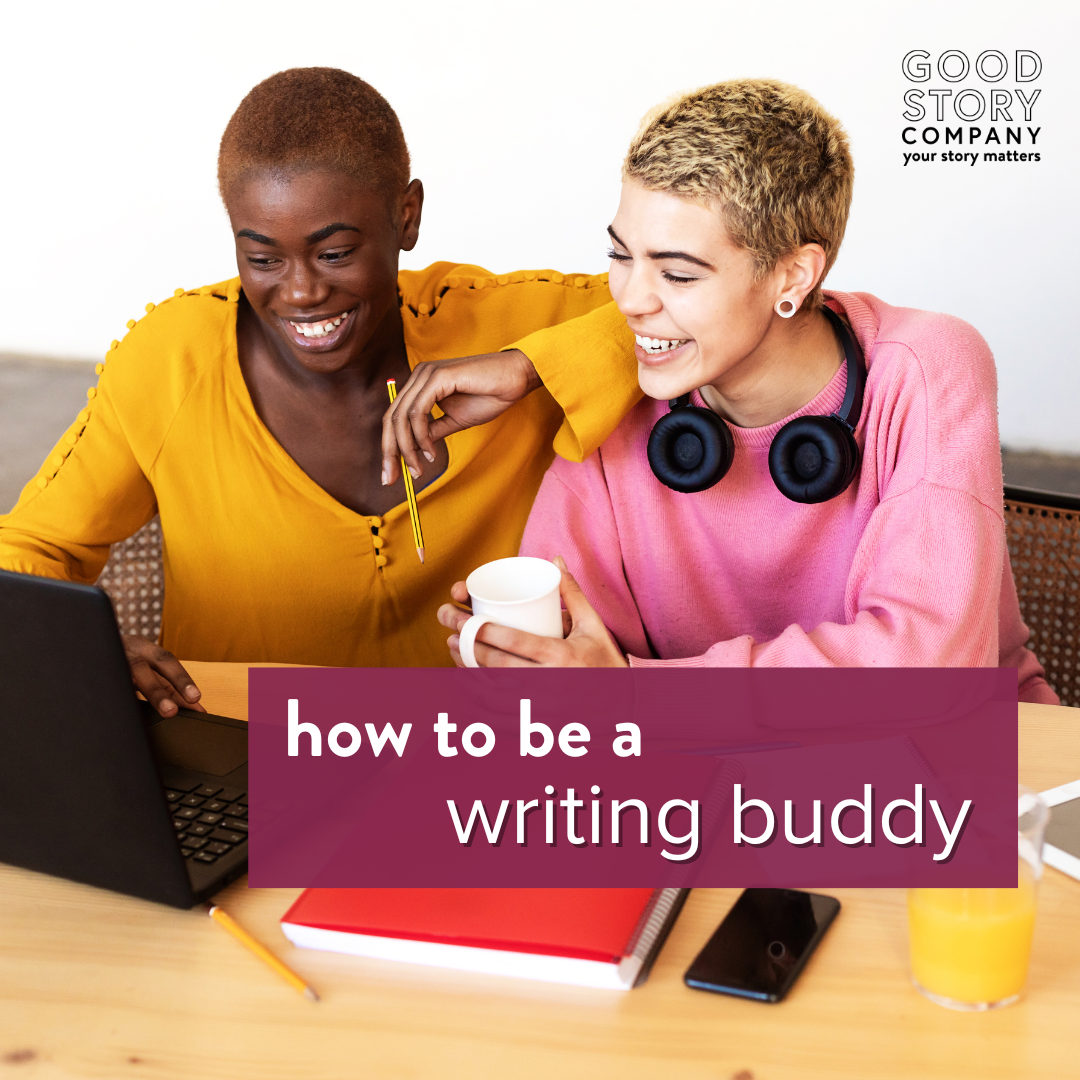
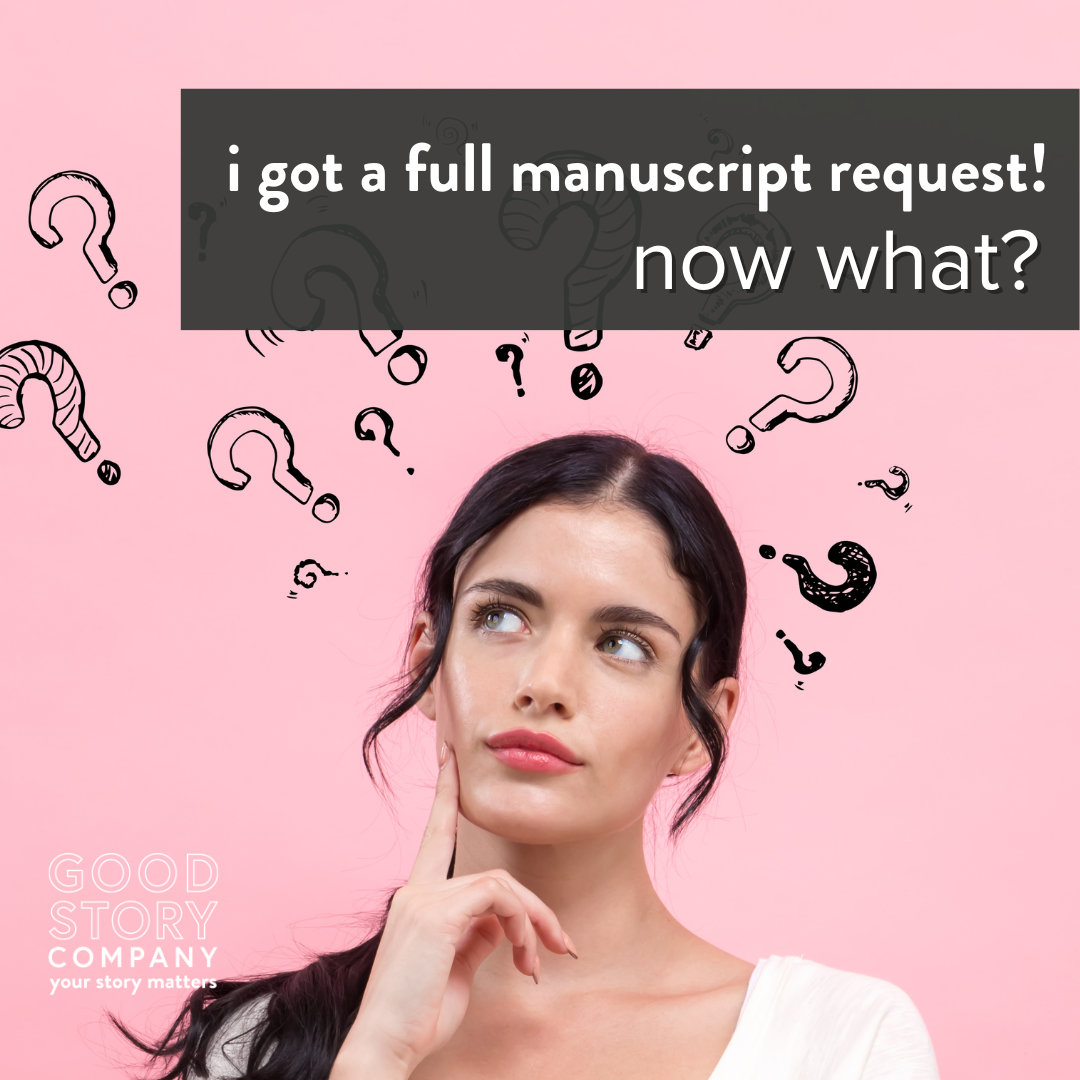
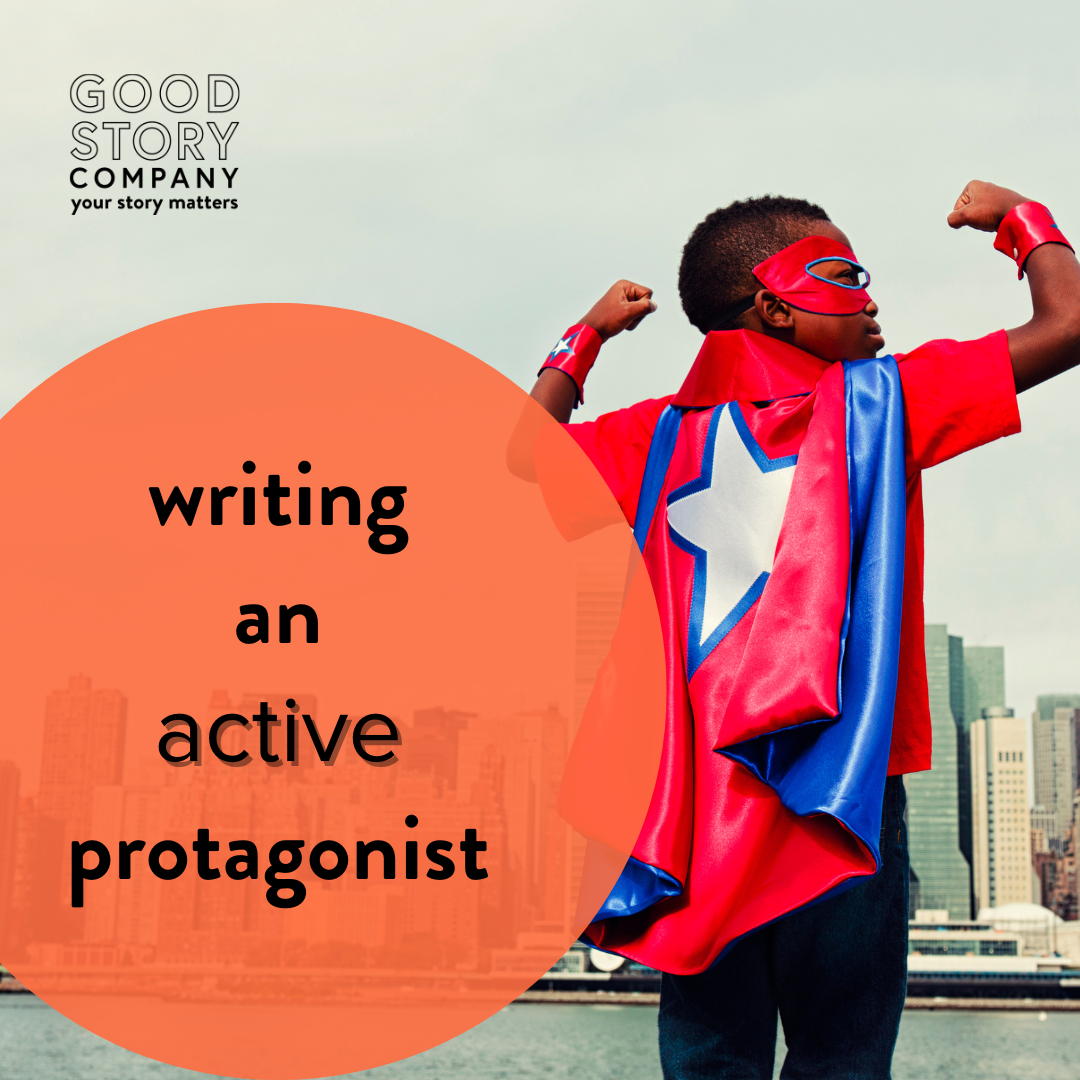

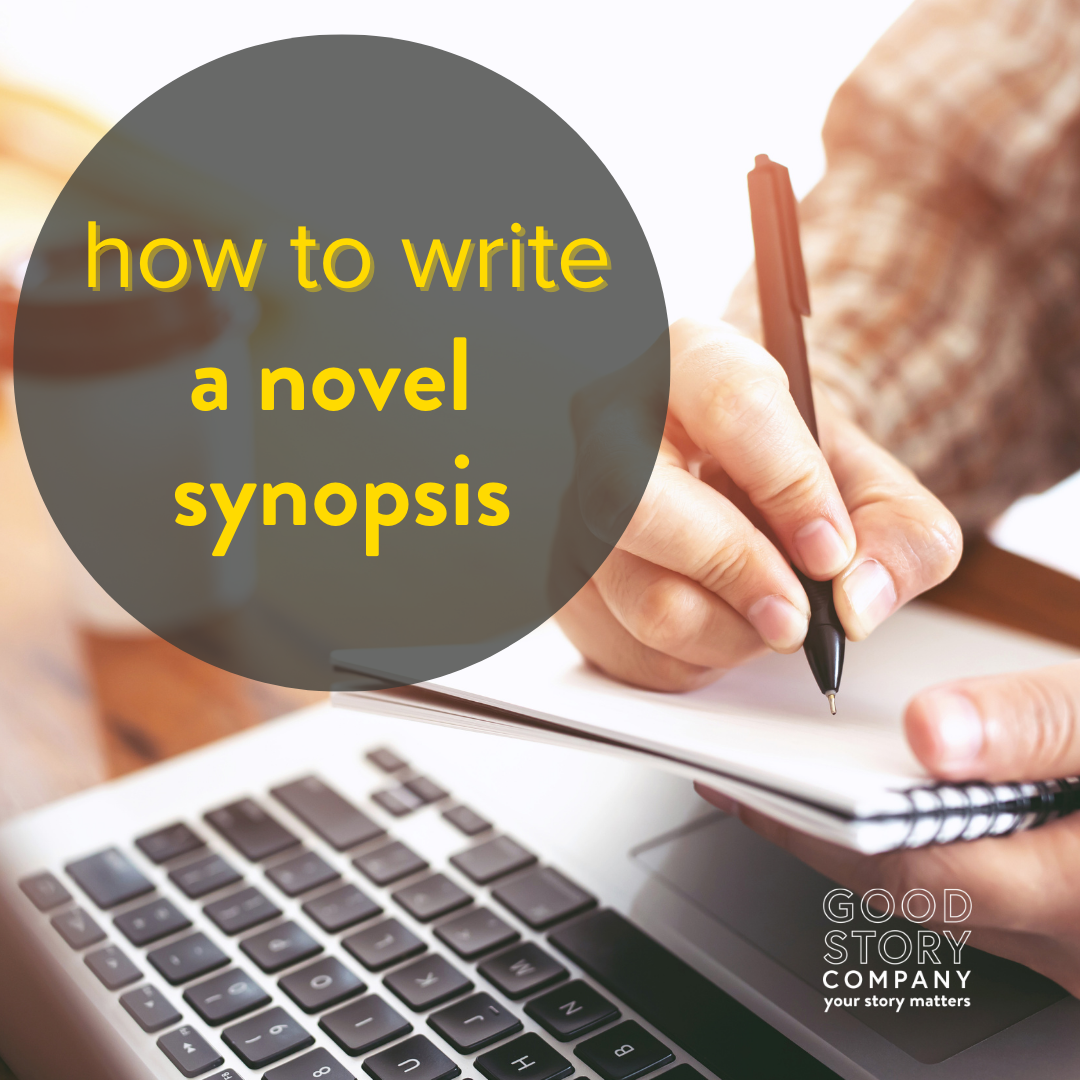
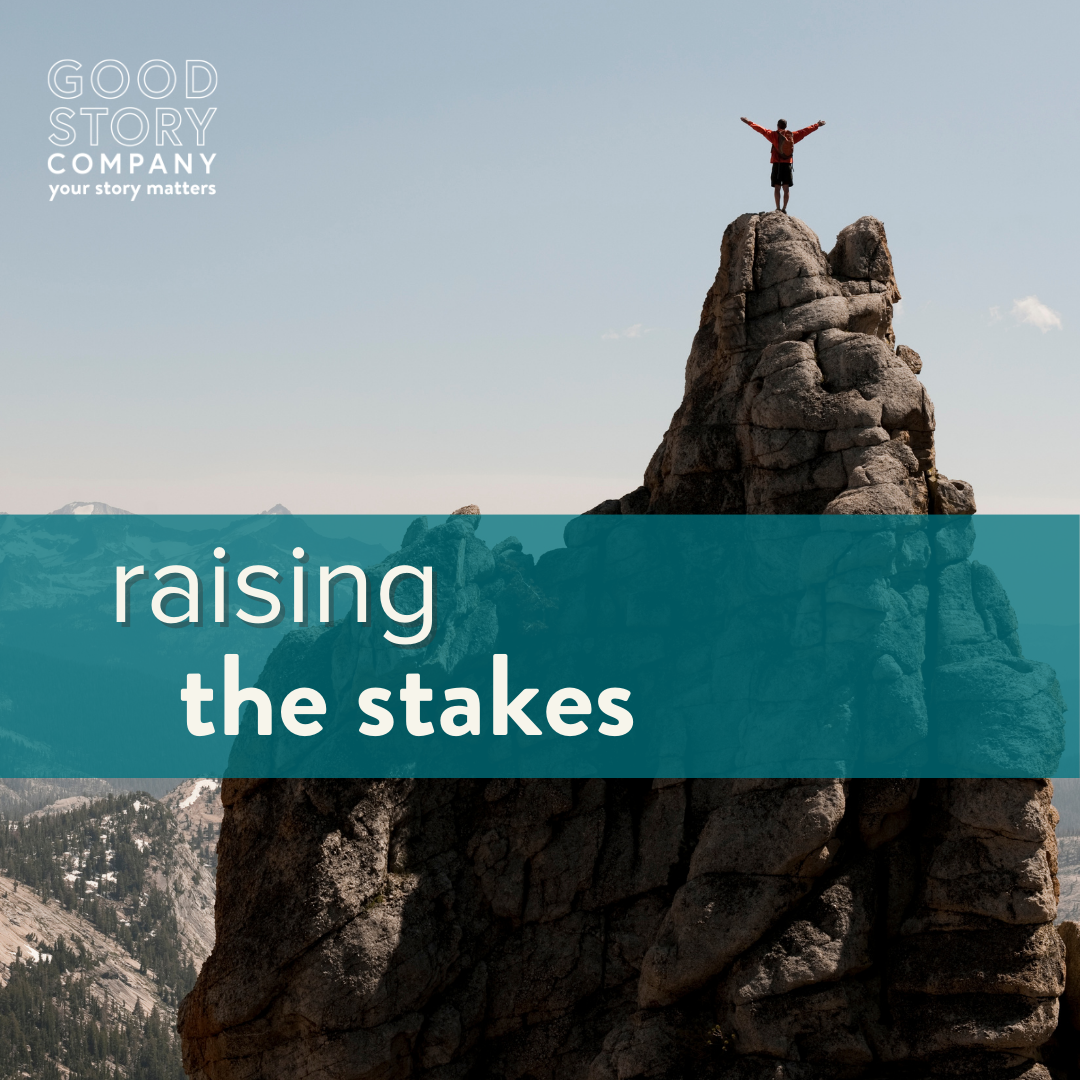

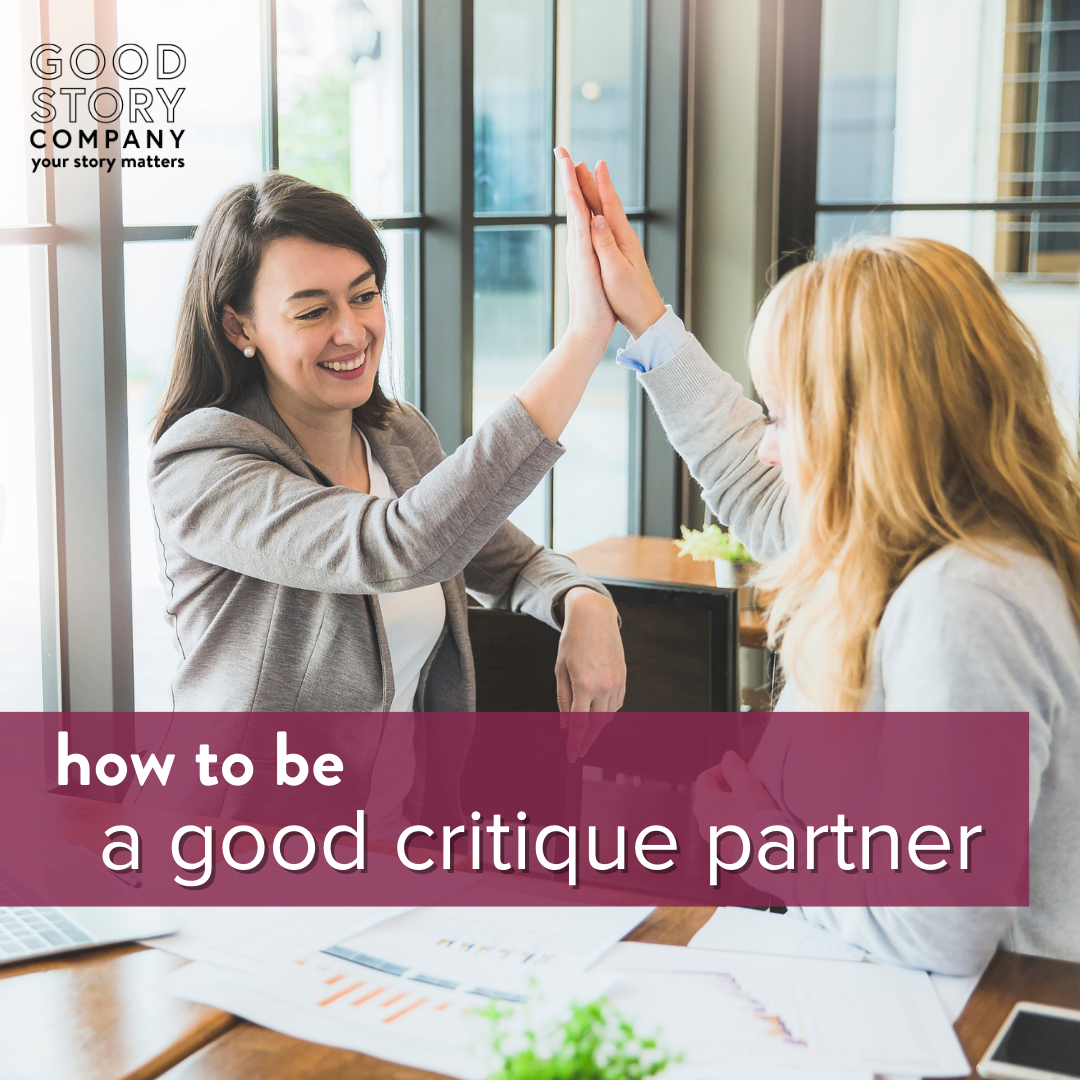
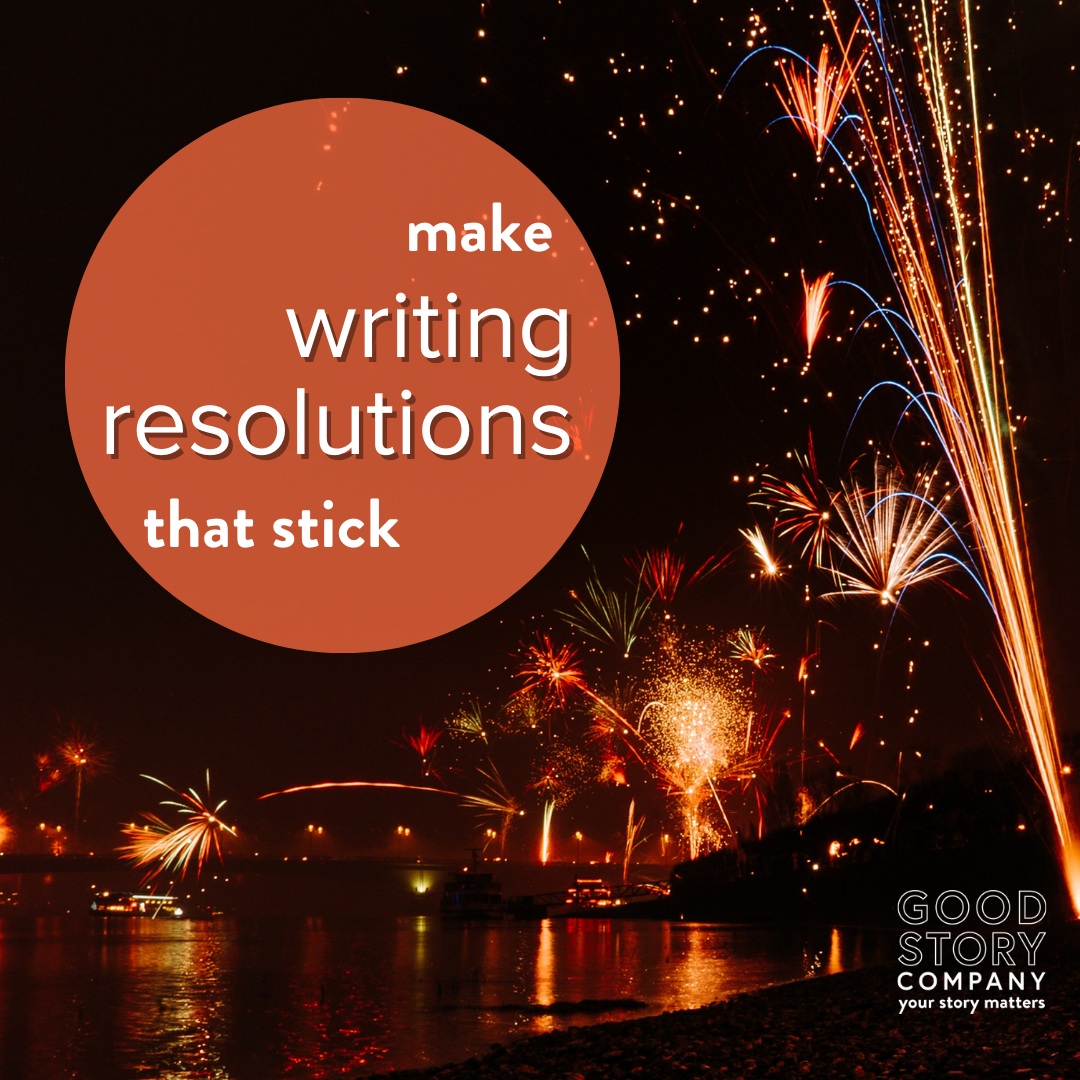
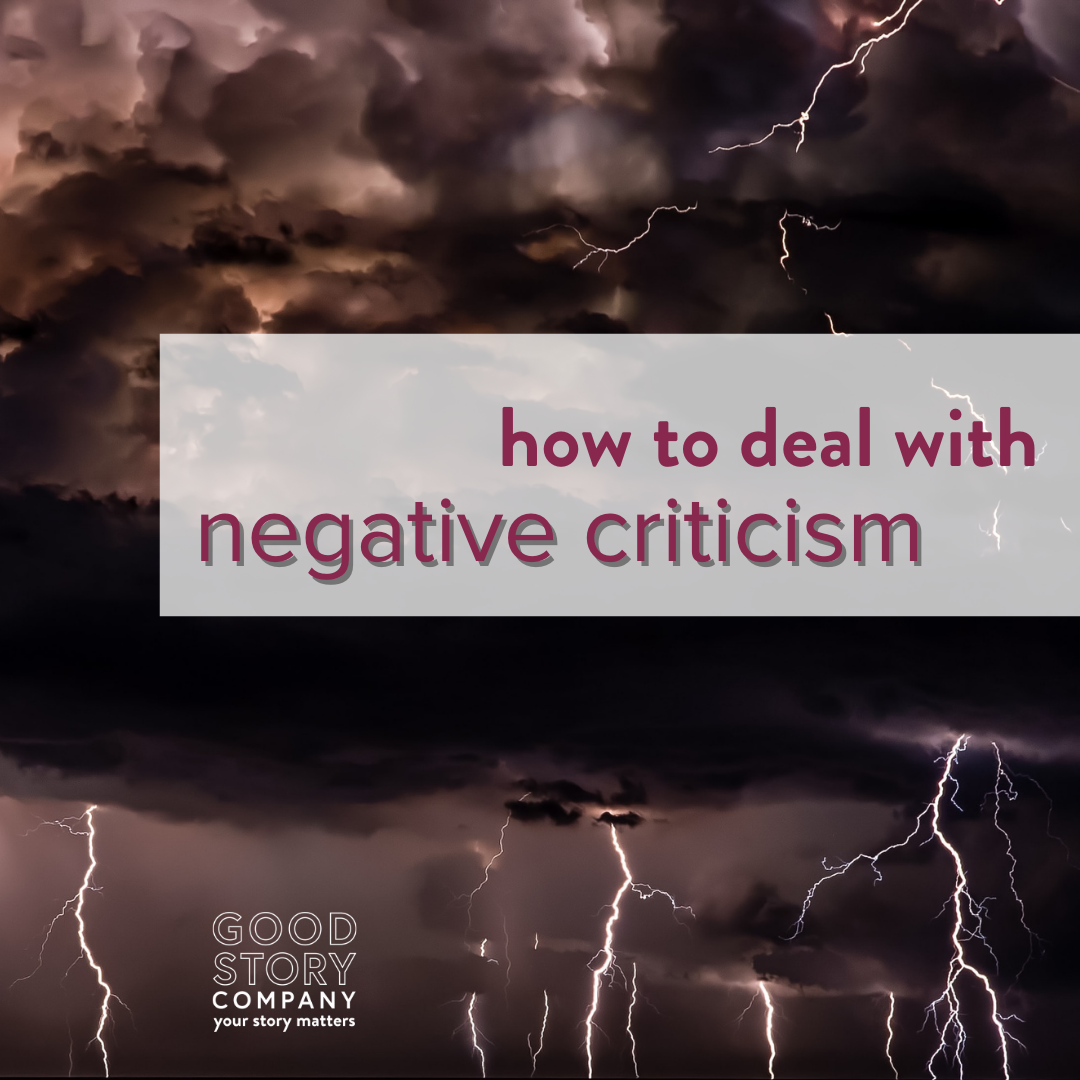






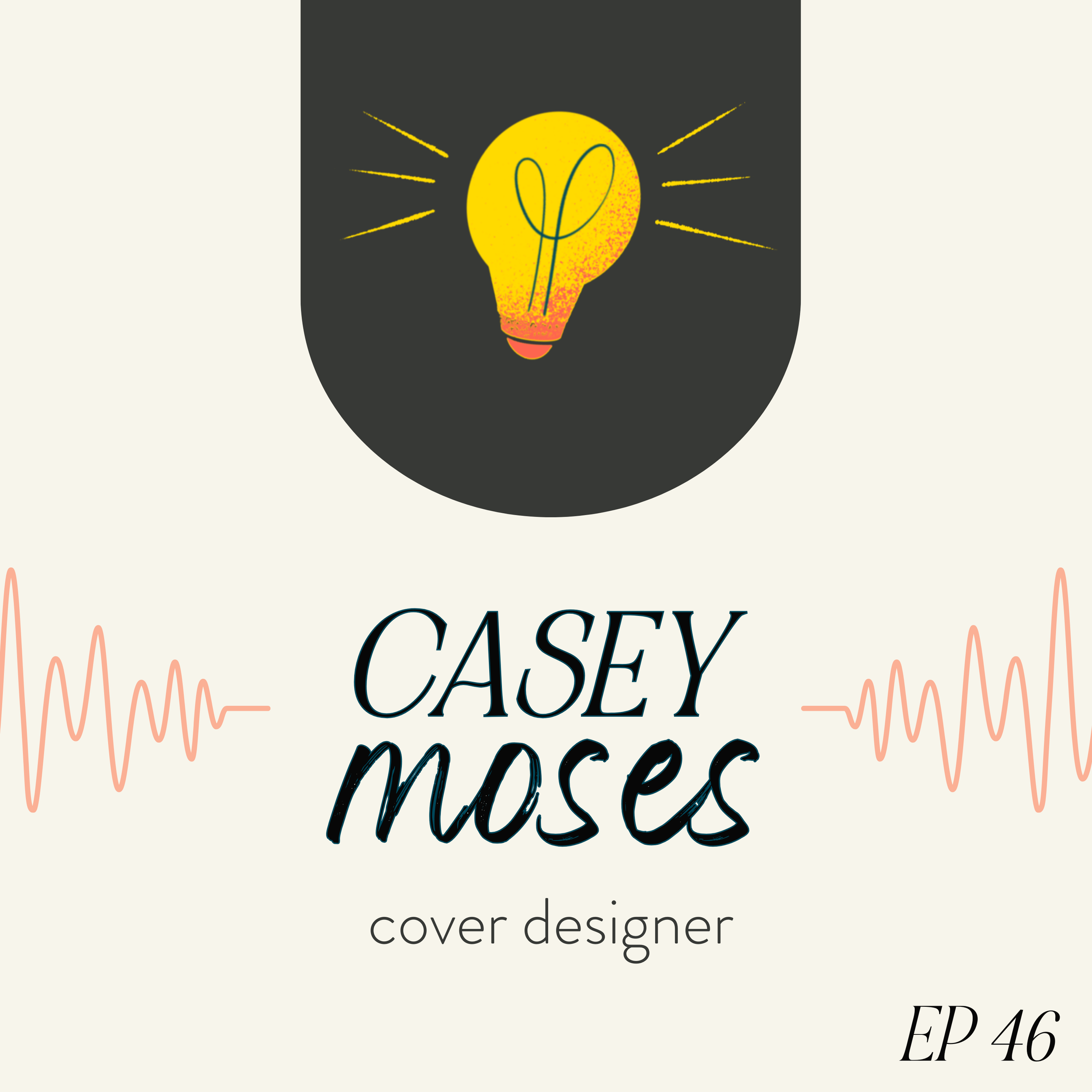
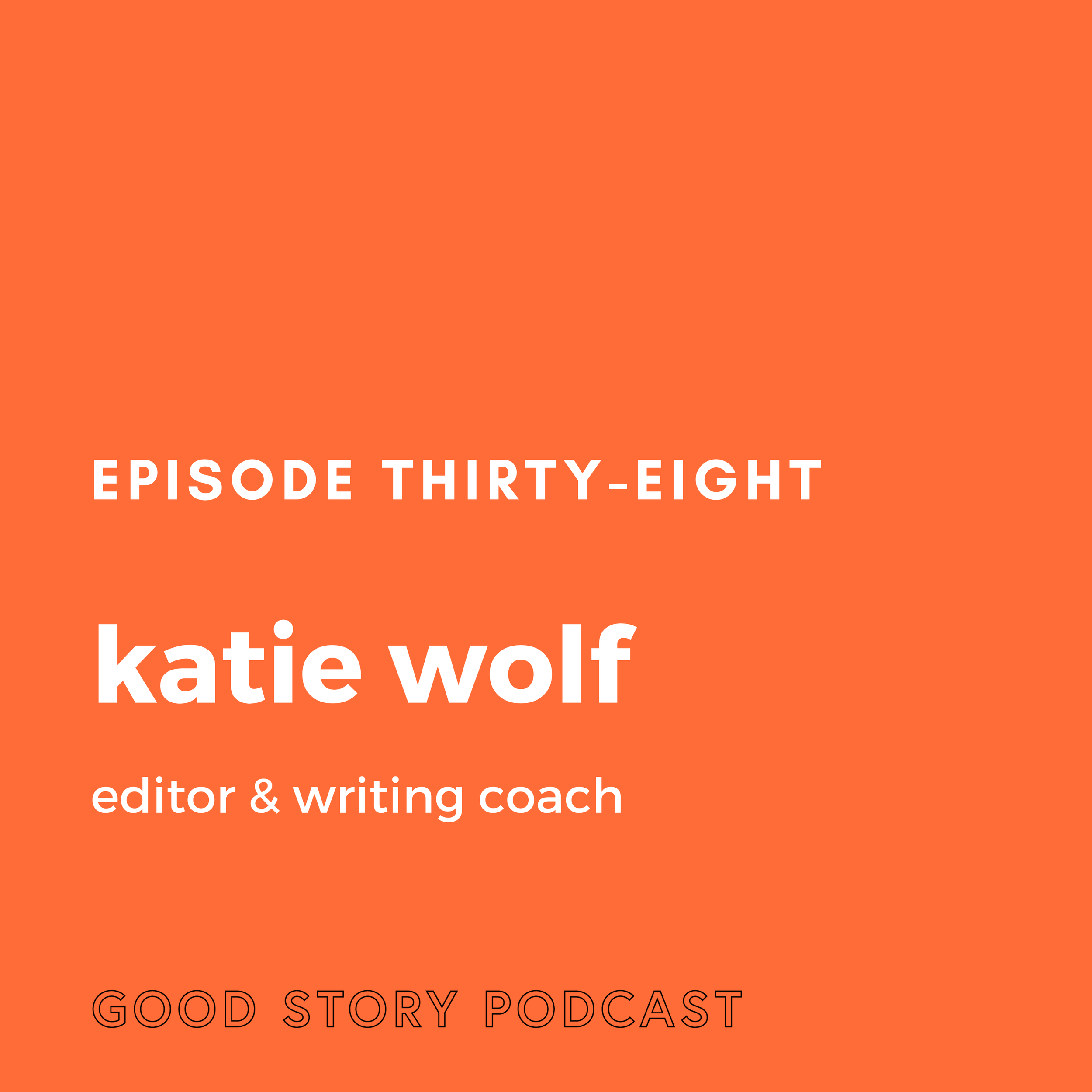
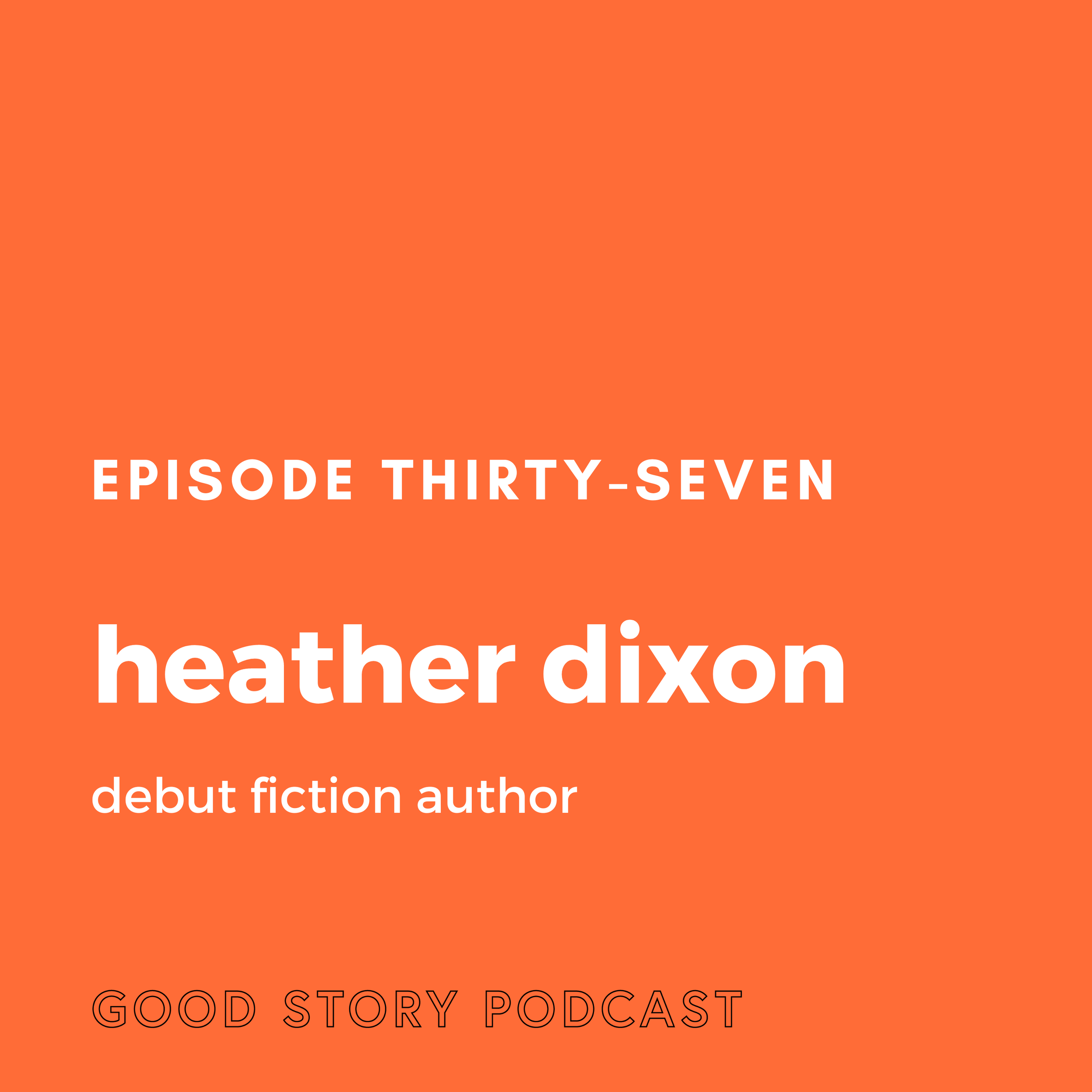
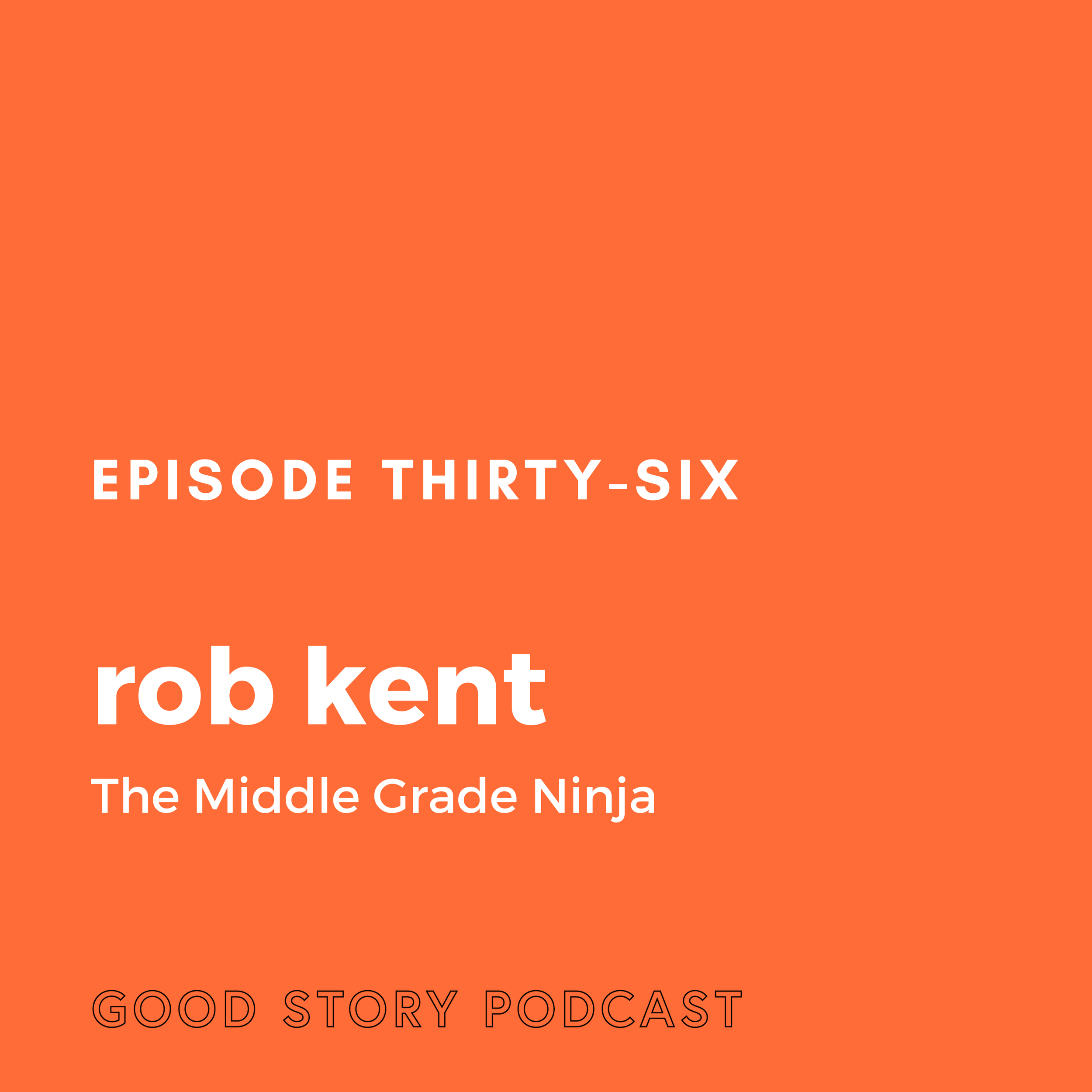
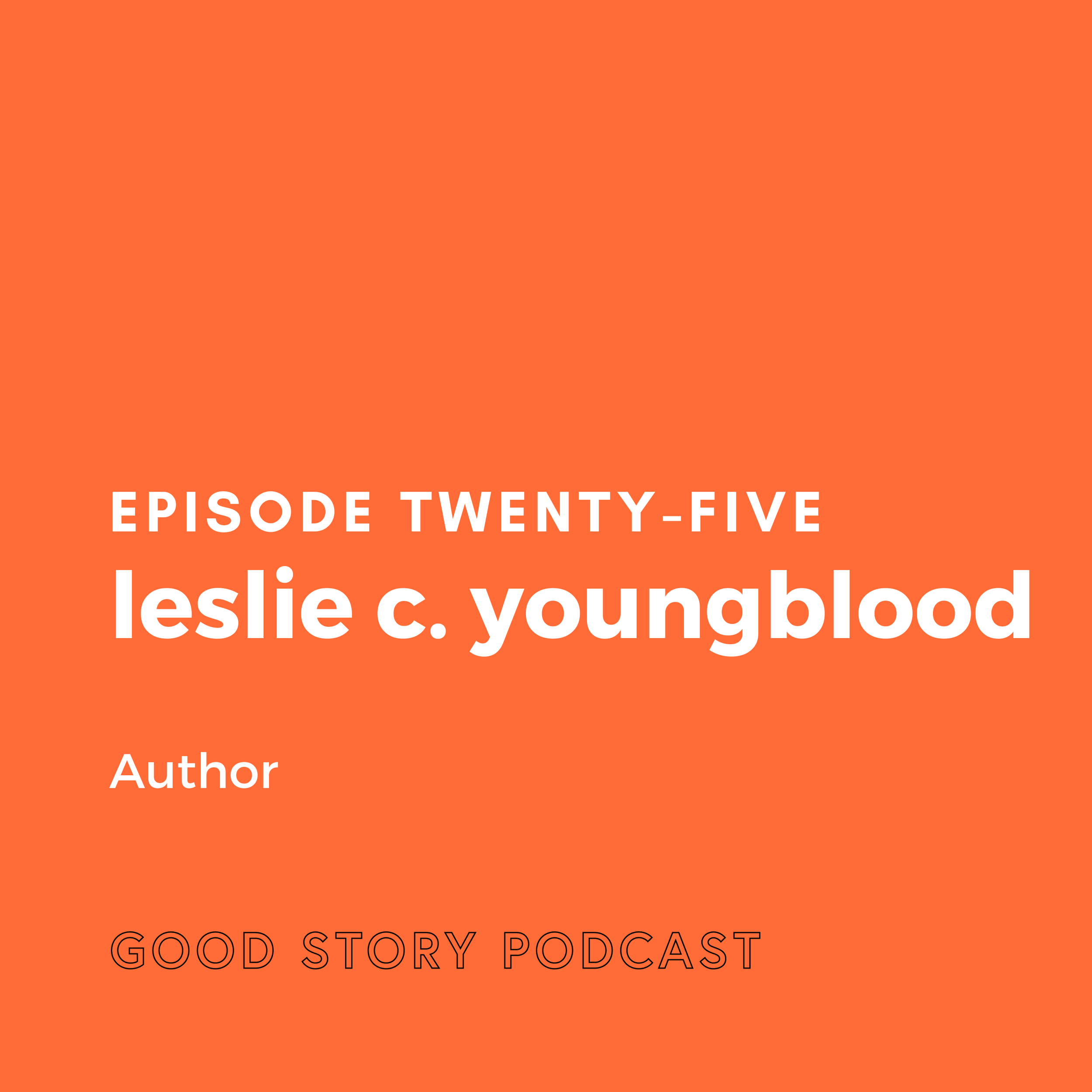
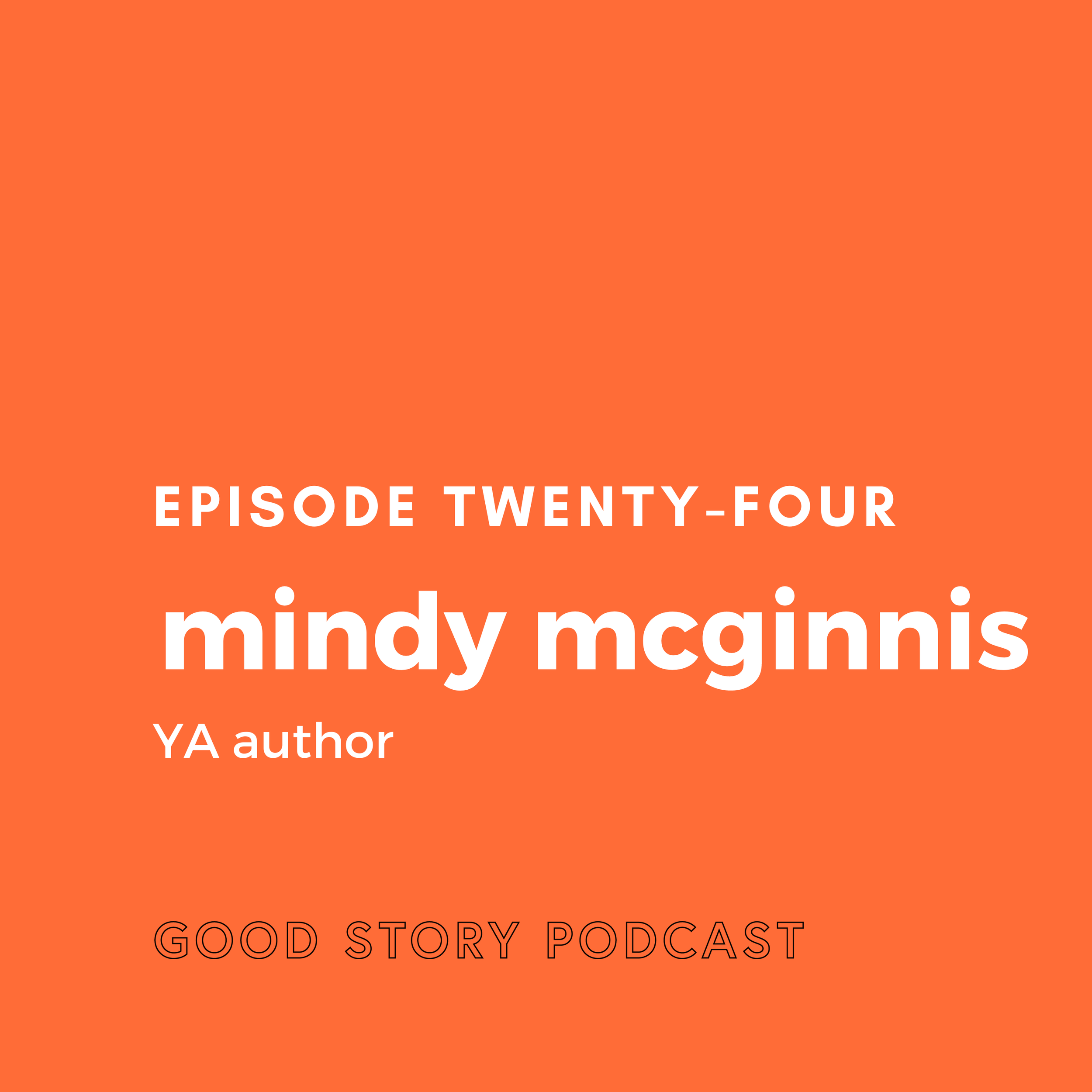
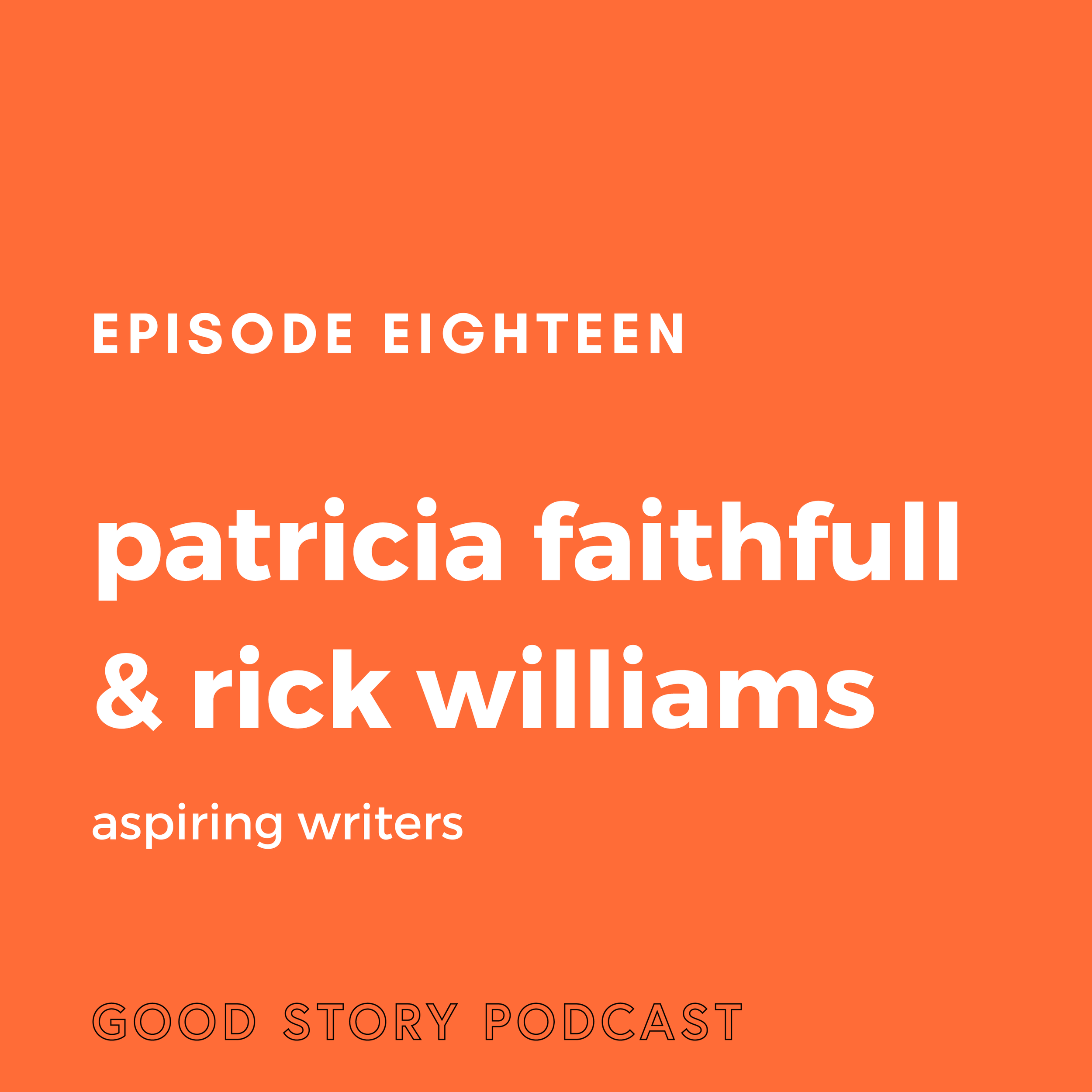

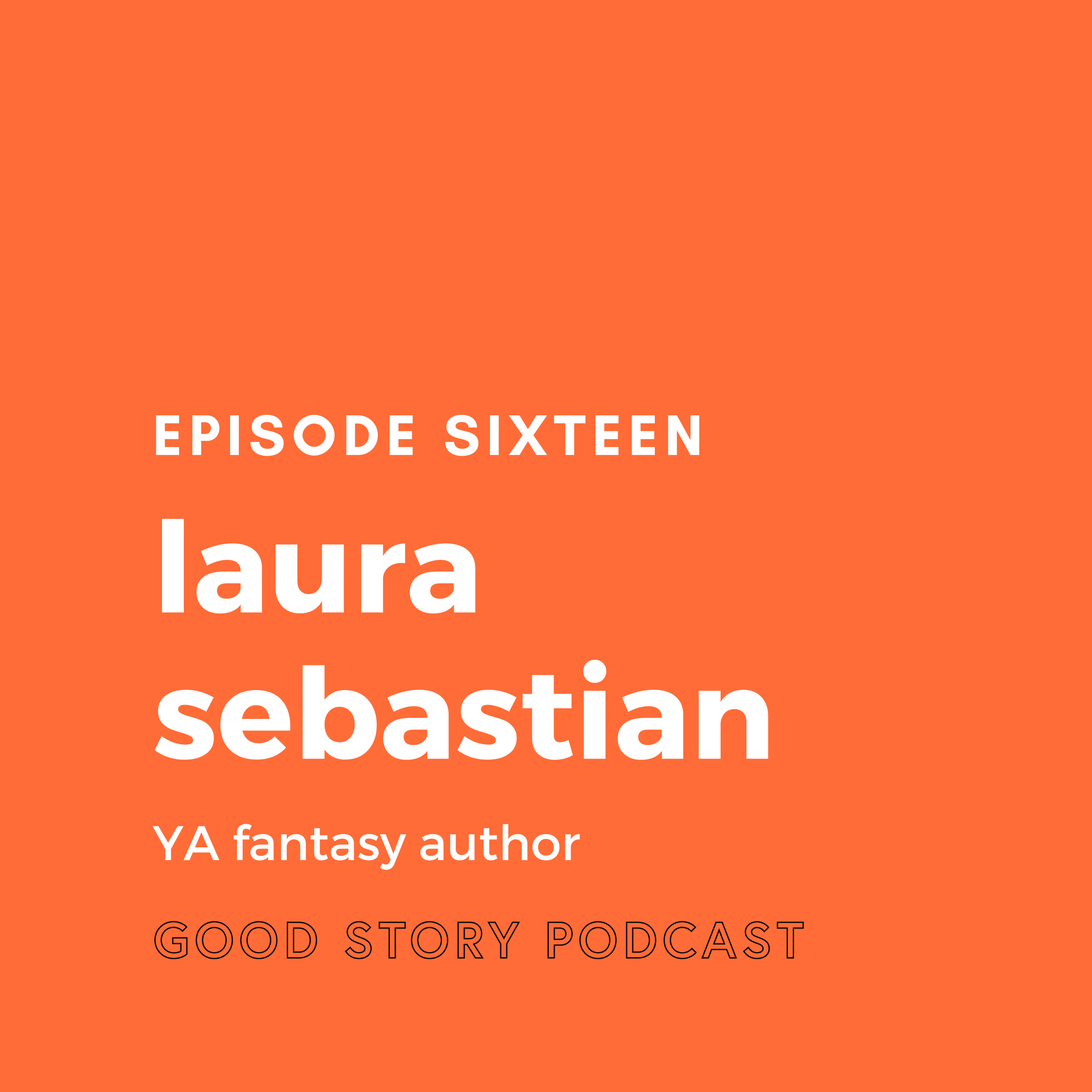



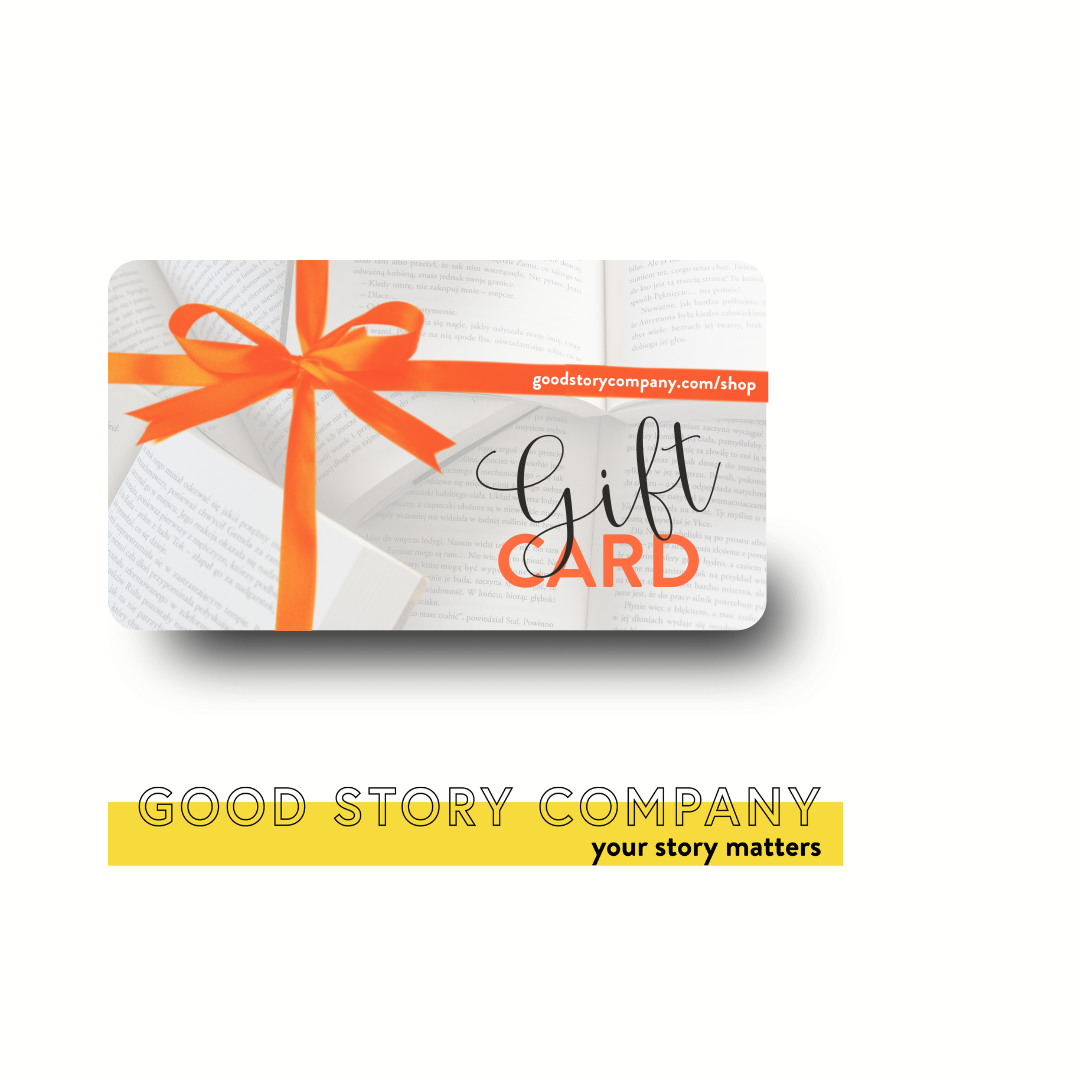

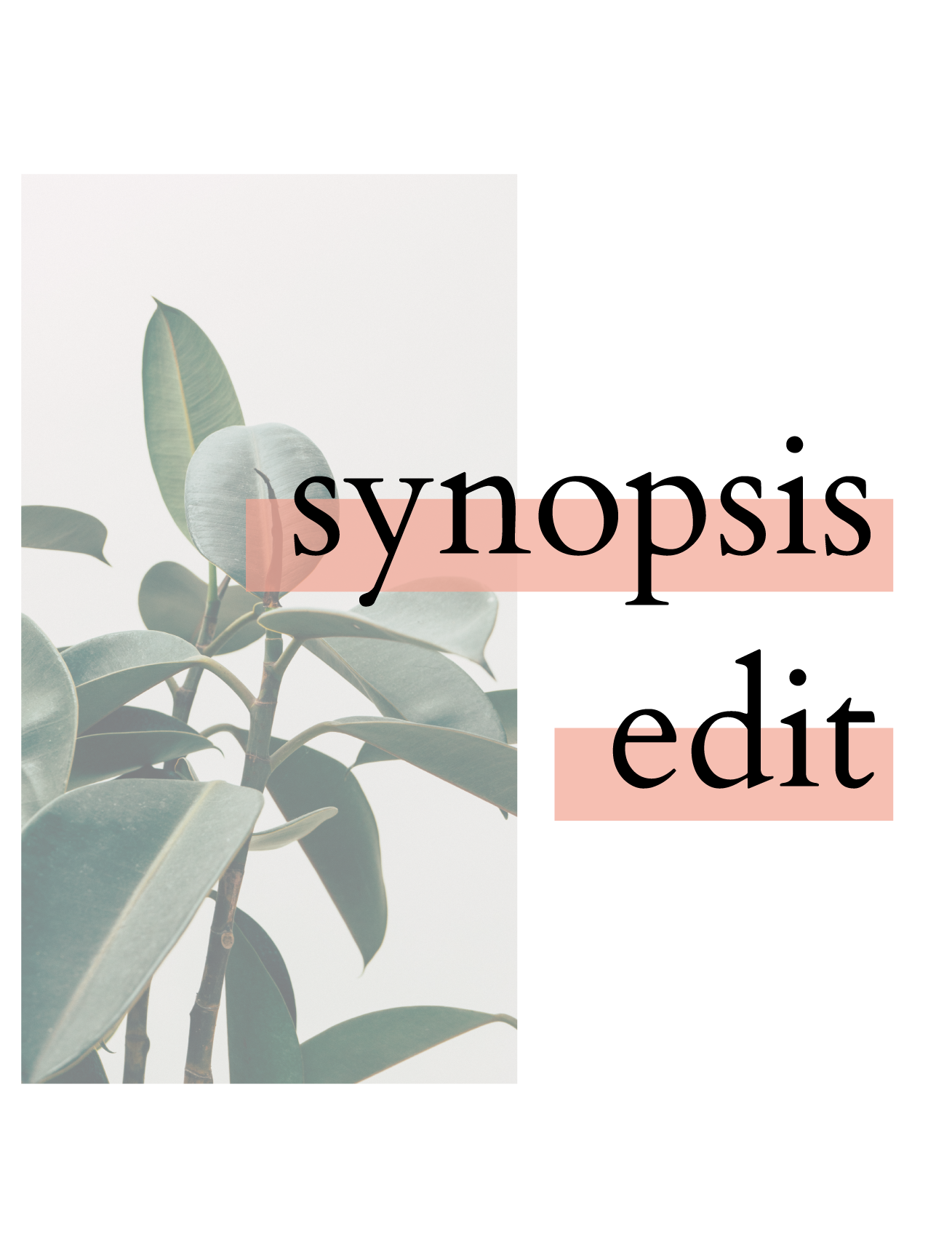








What’s the secret behind designing a bestselling YA book cover? Casey Moses, an Assistant Art Director at Penguin Random House, gives us some answers and provides insight into the role of a book cover designer. Listen to our in-depth conversation to learn about designing typography, special edition production, and the unusual methods for achieving perfect photoshoot conditions.